Understanding the One Big Beautiful Bill Act (OBBBA) with Brian Fortune, Founder, Farragut Square Group
Some of our clients



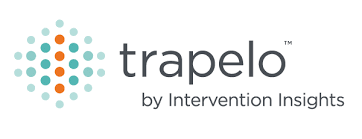


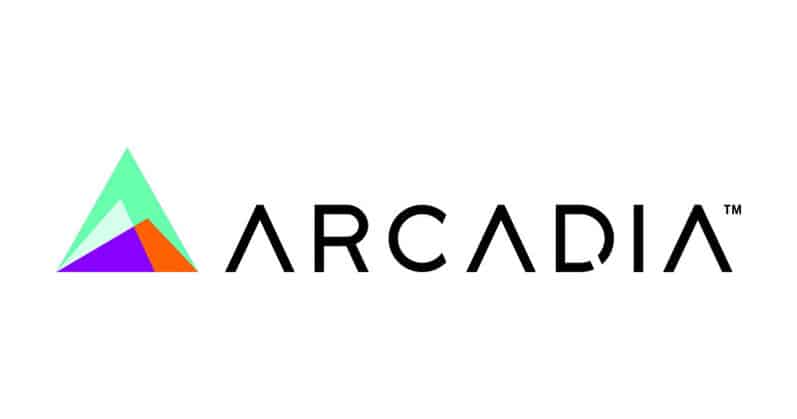
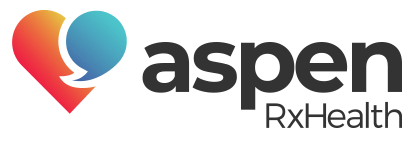

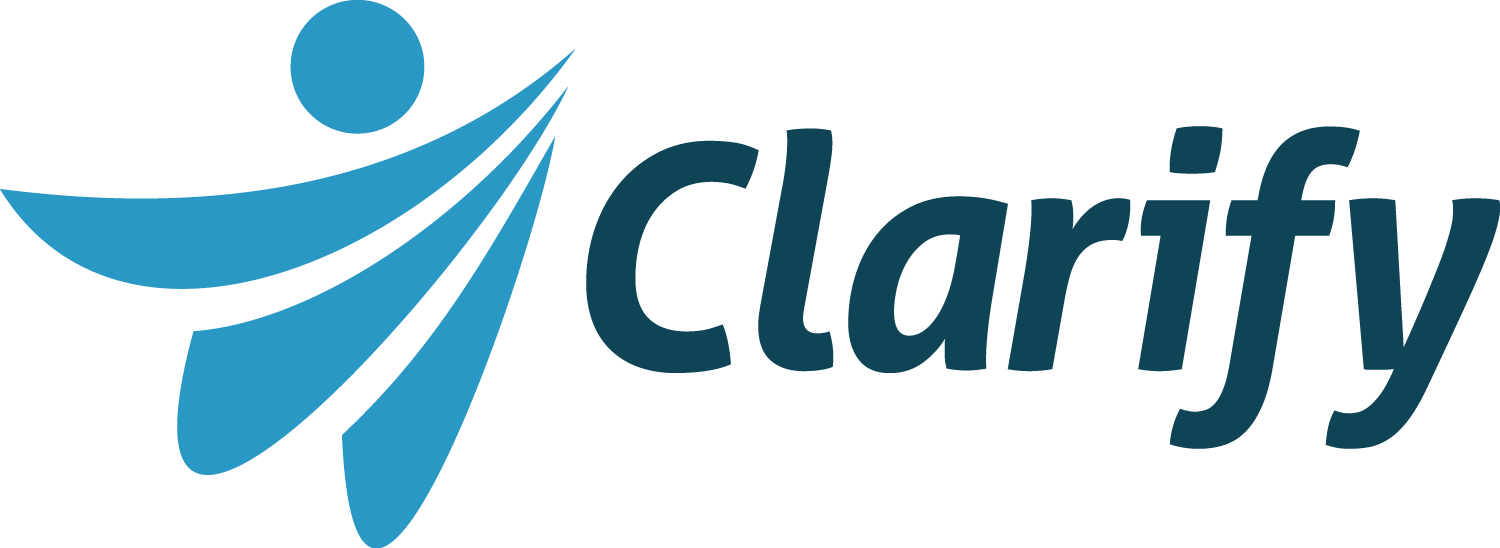
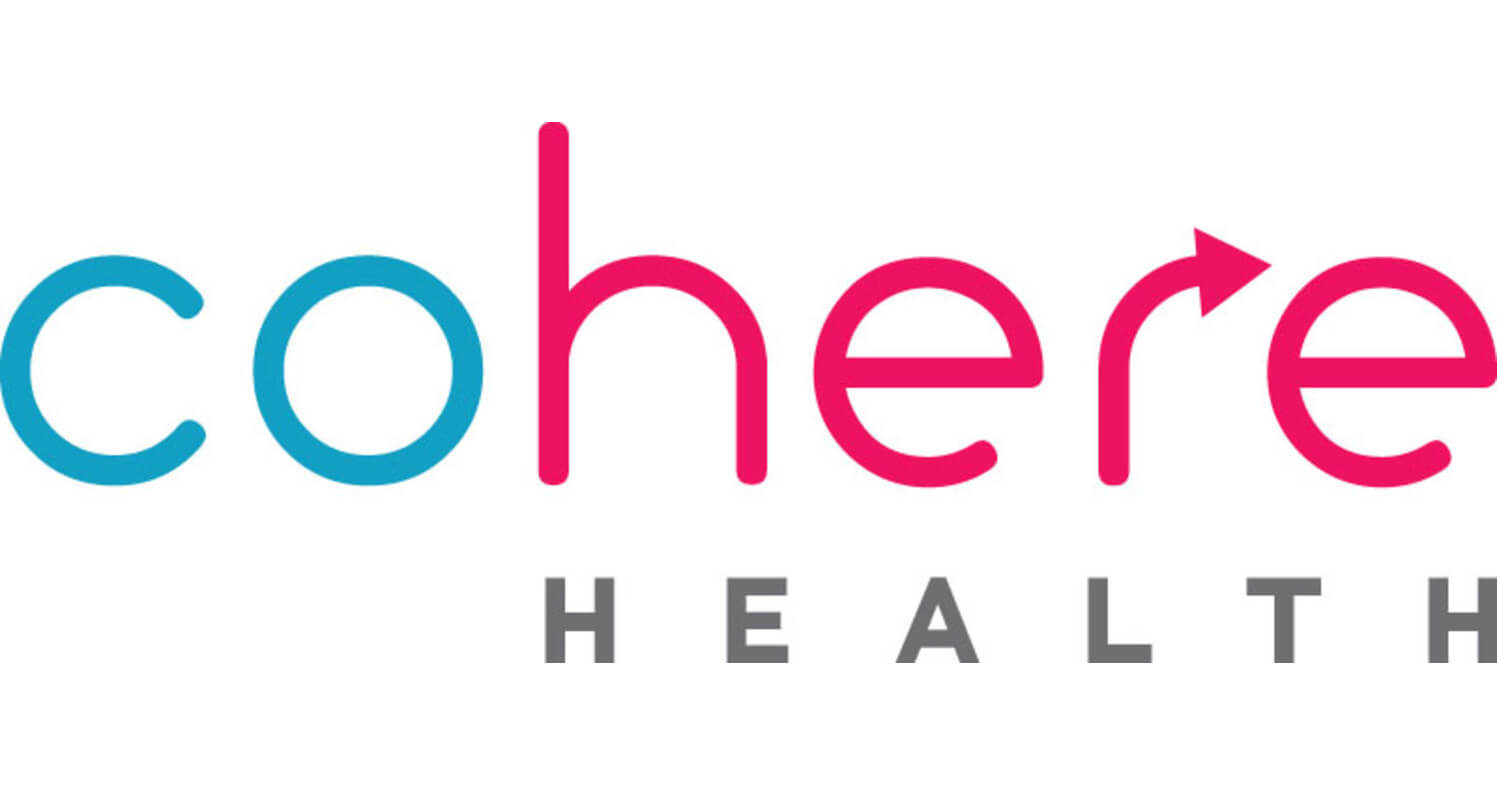
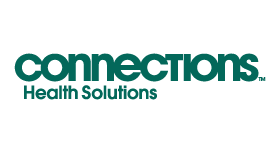

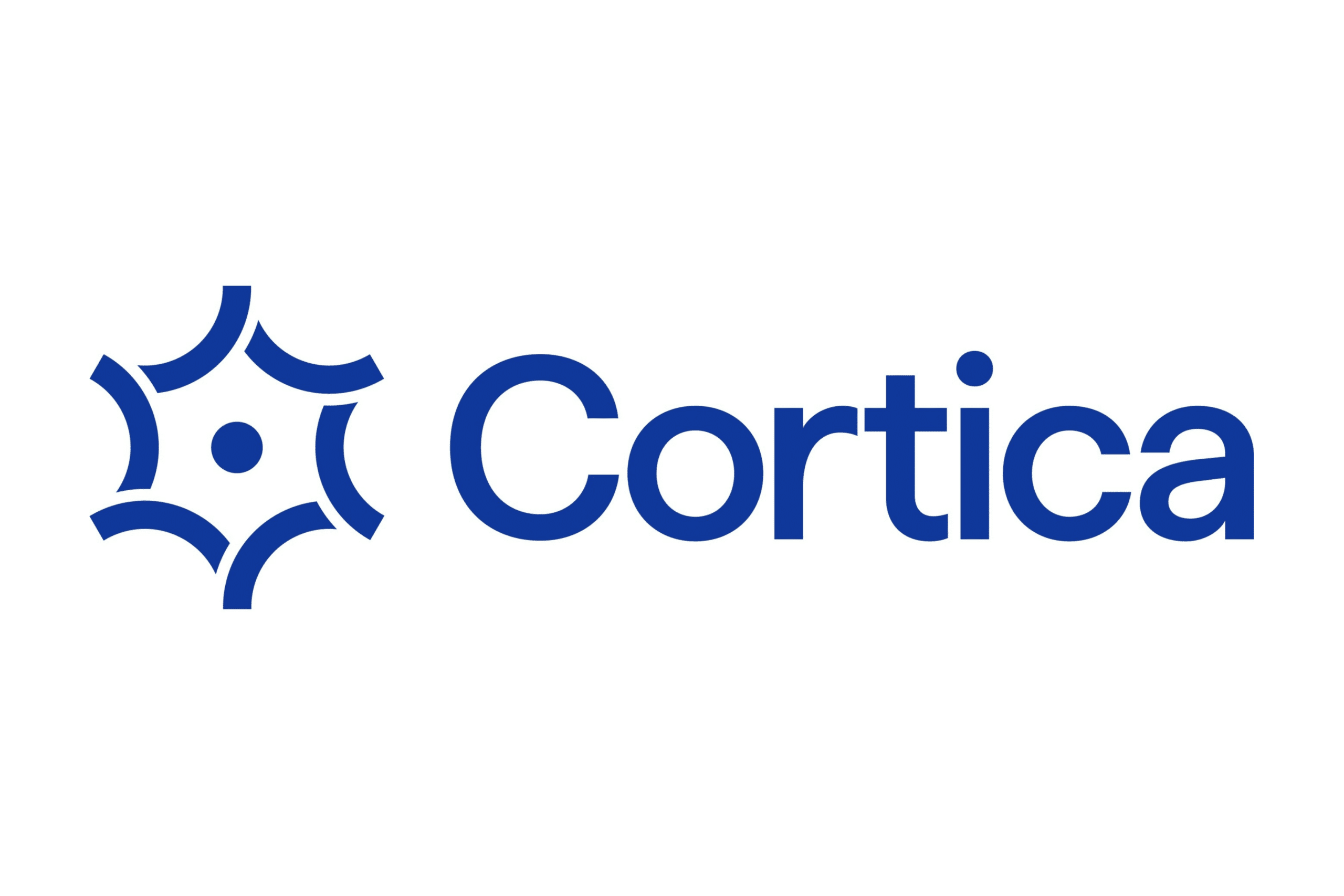
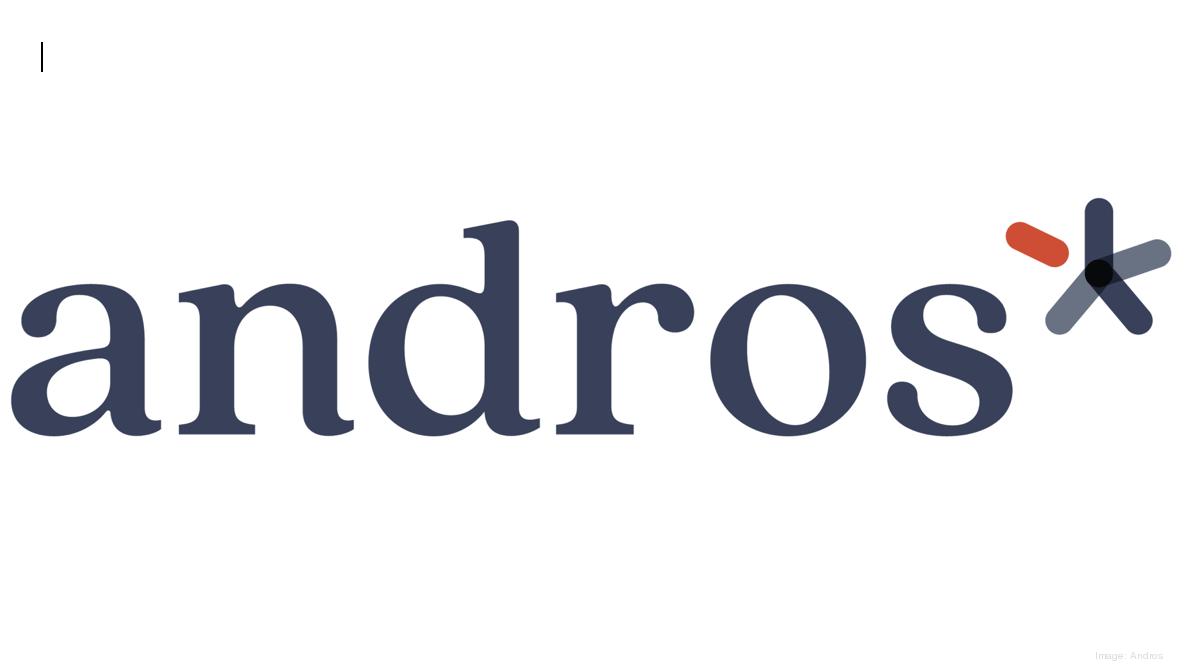

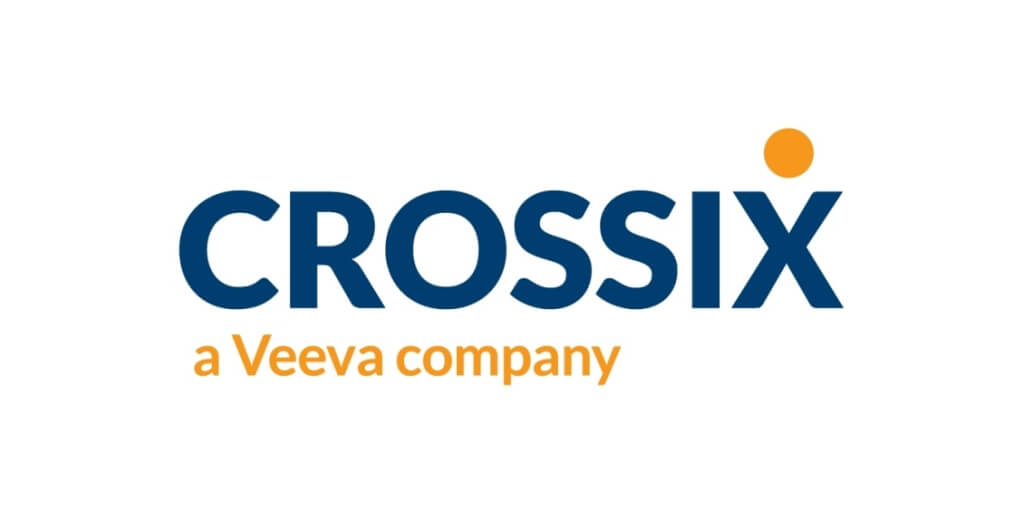
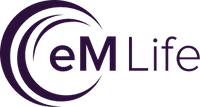
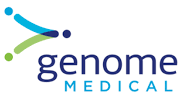
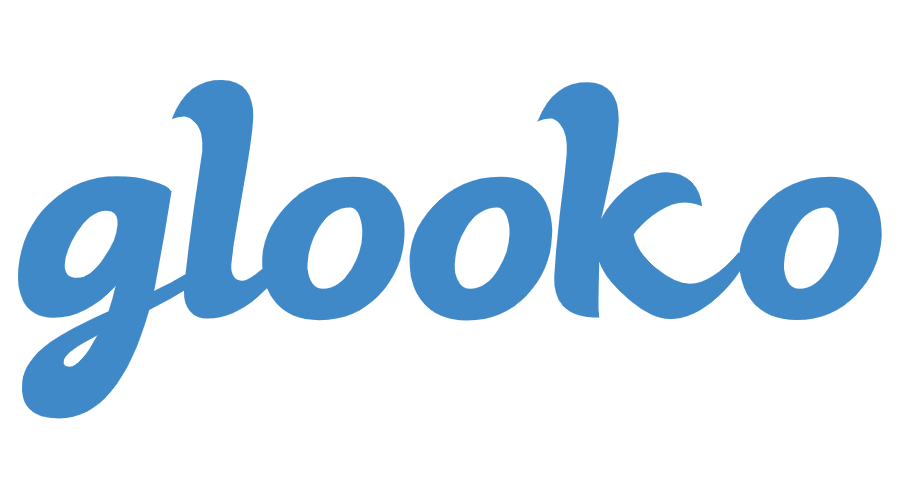

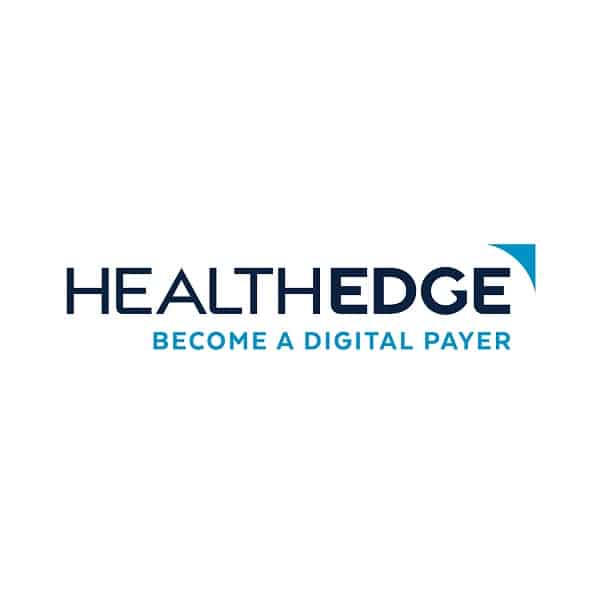





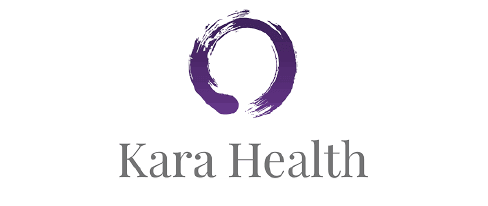

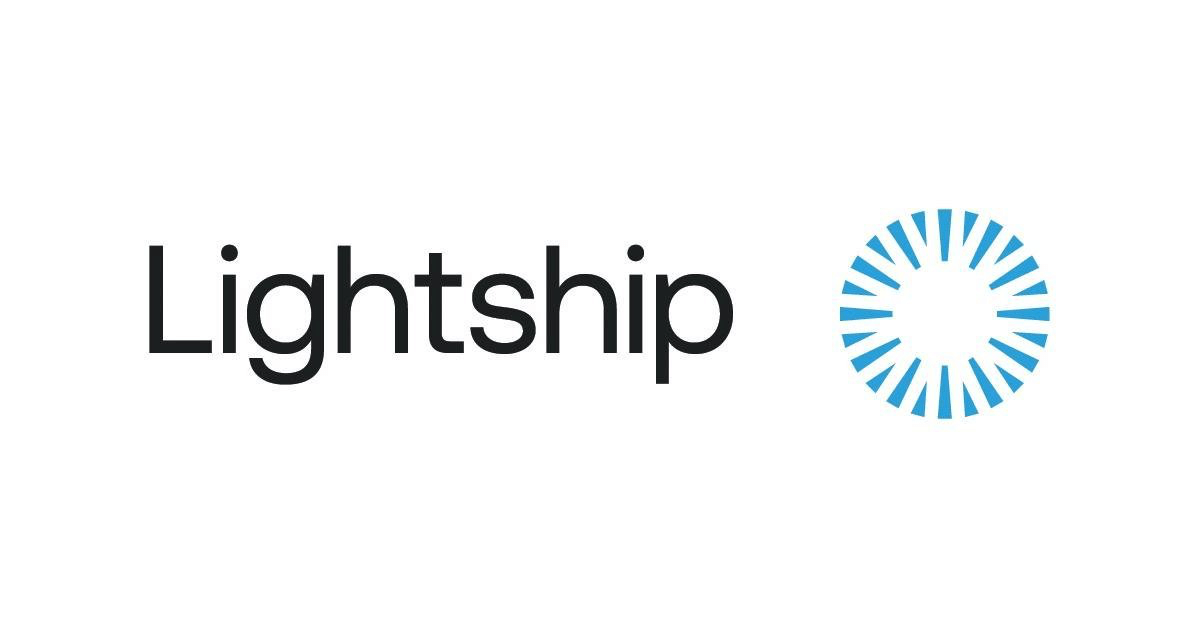


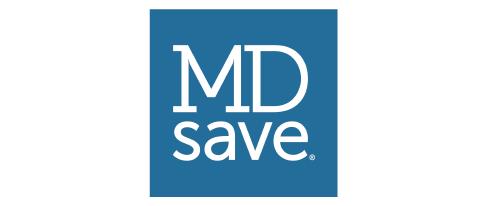



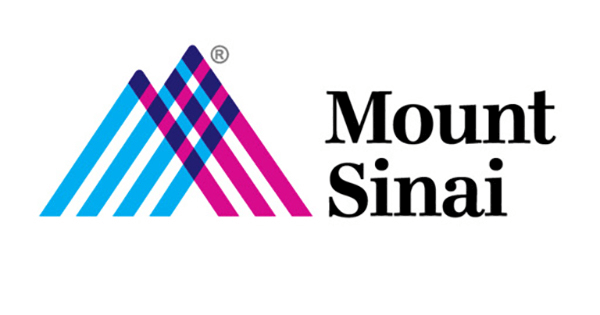




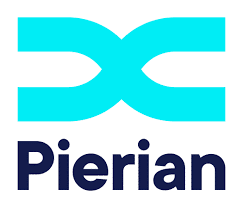
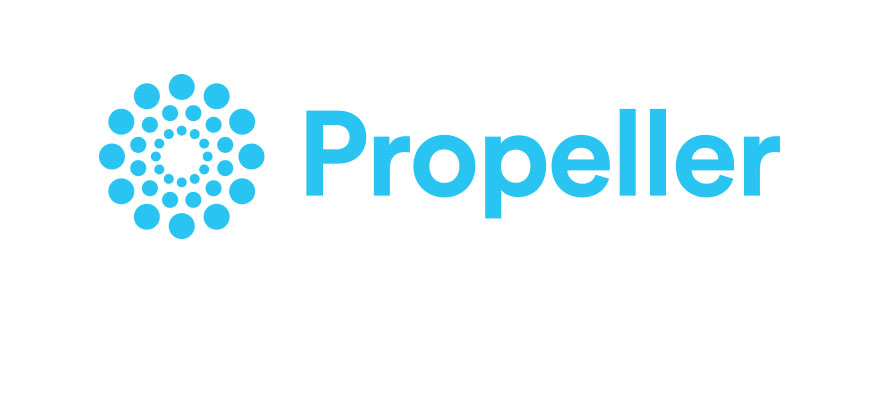





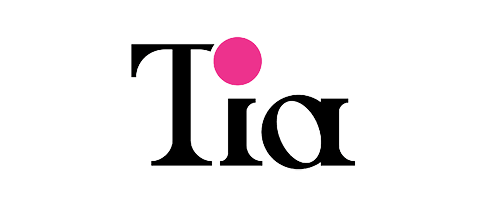

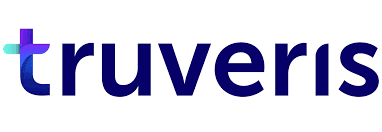

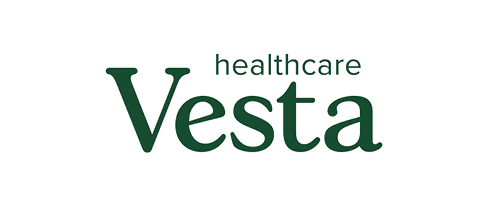
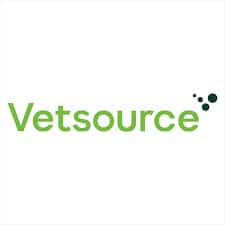
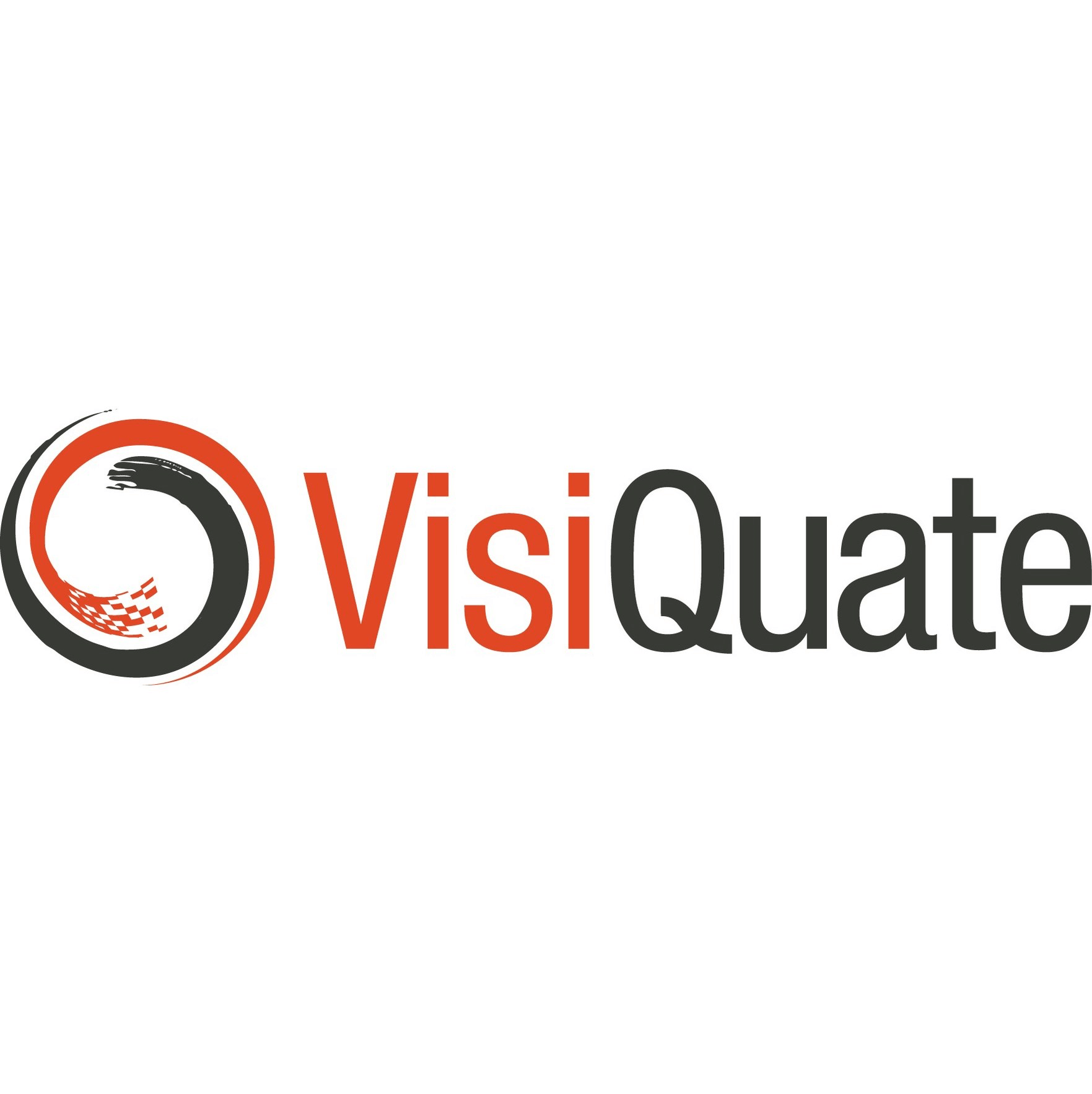
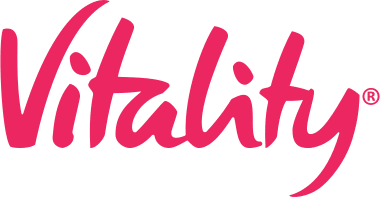


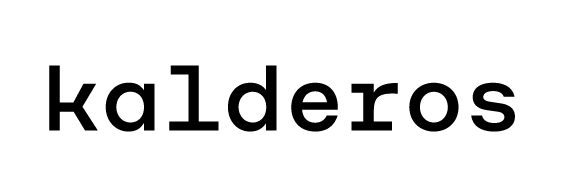




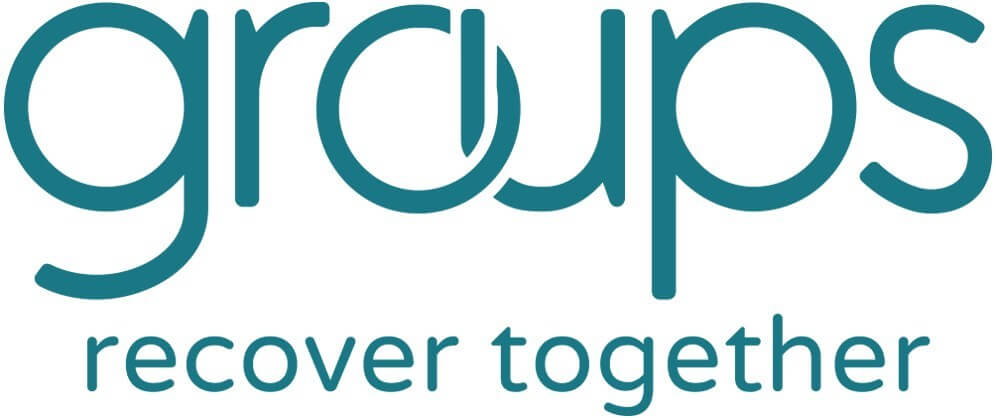

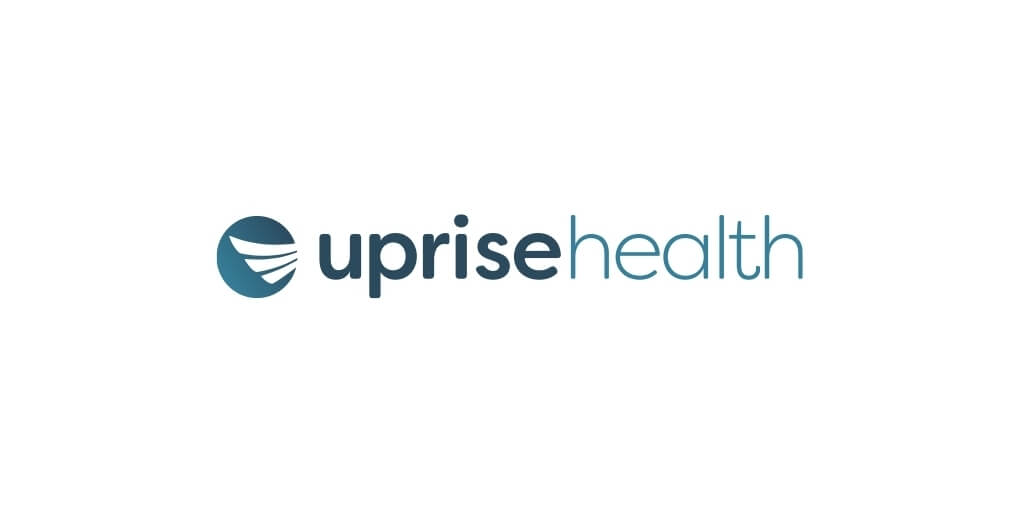


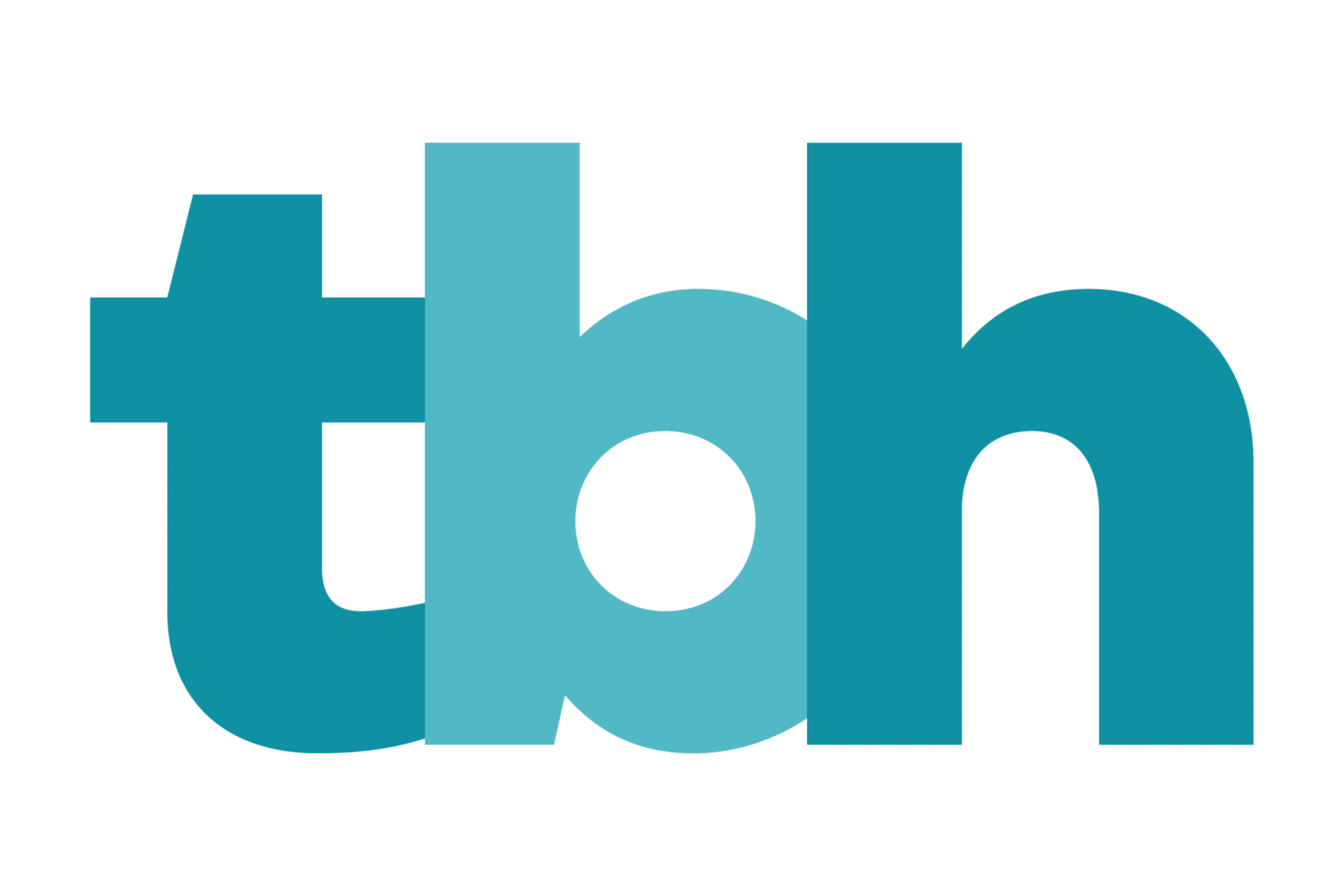


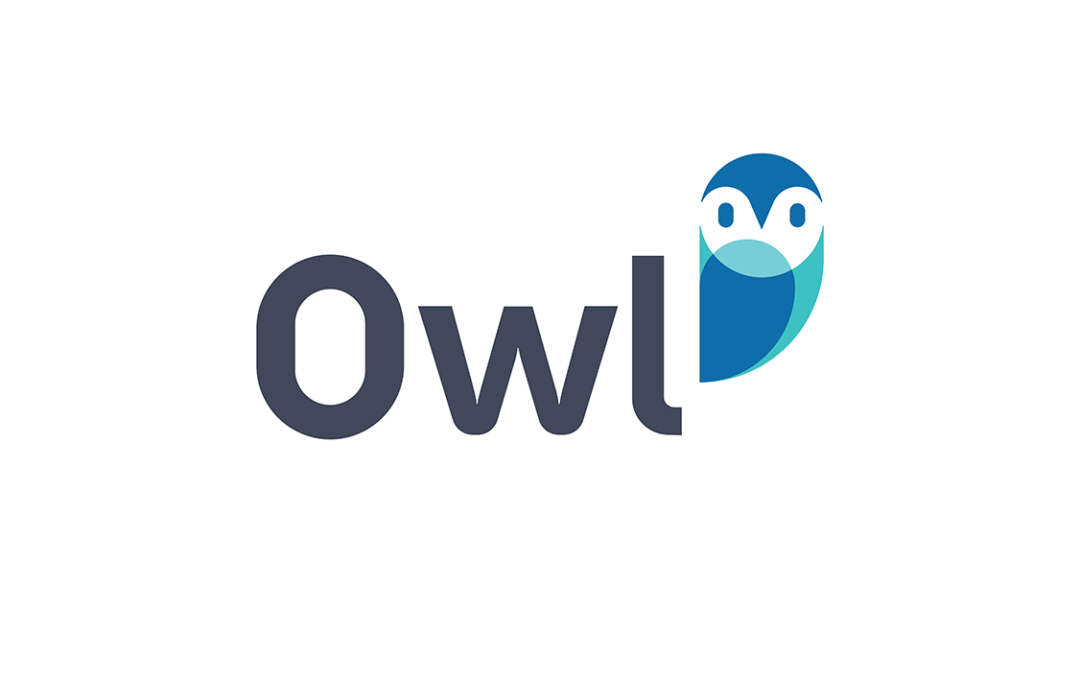


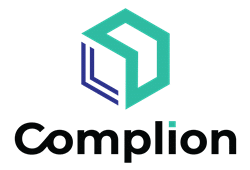
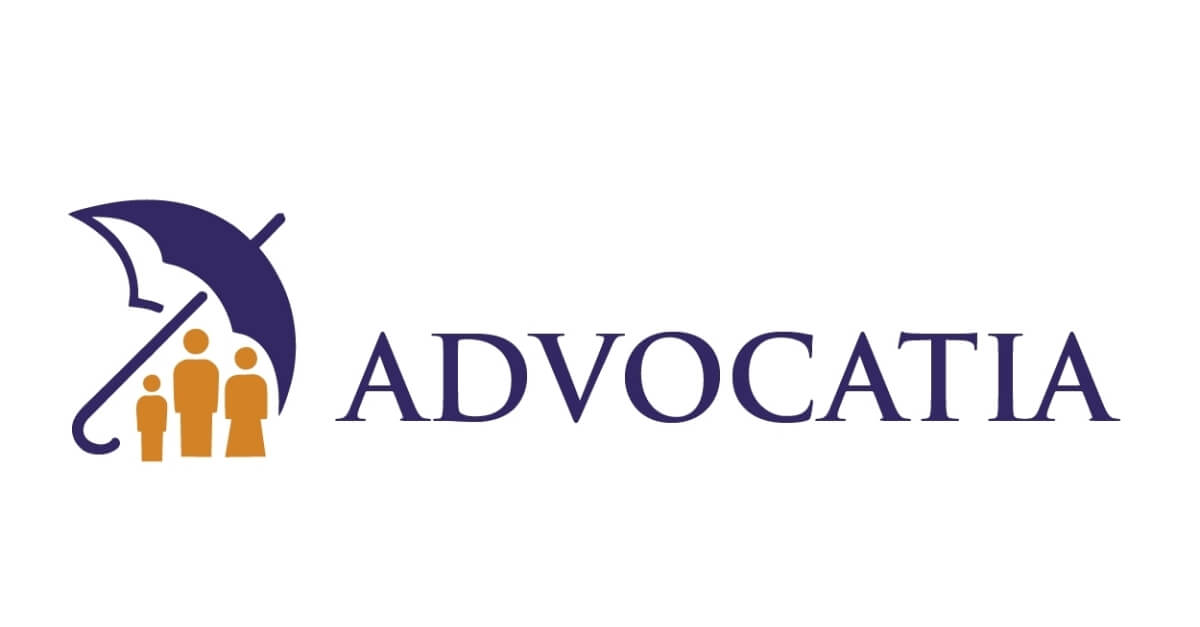
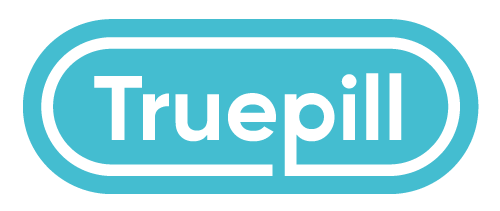
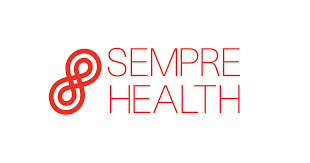
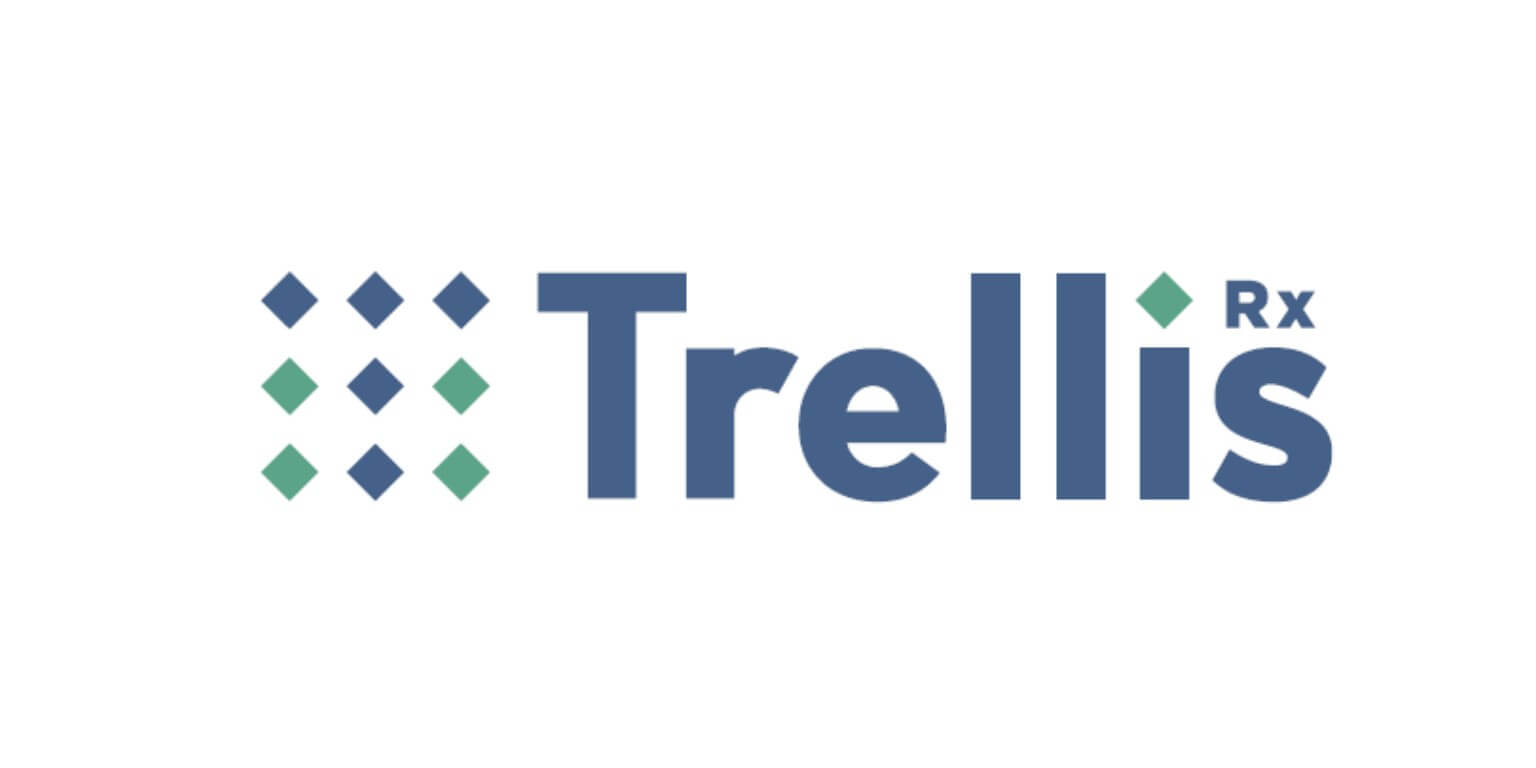

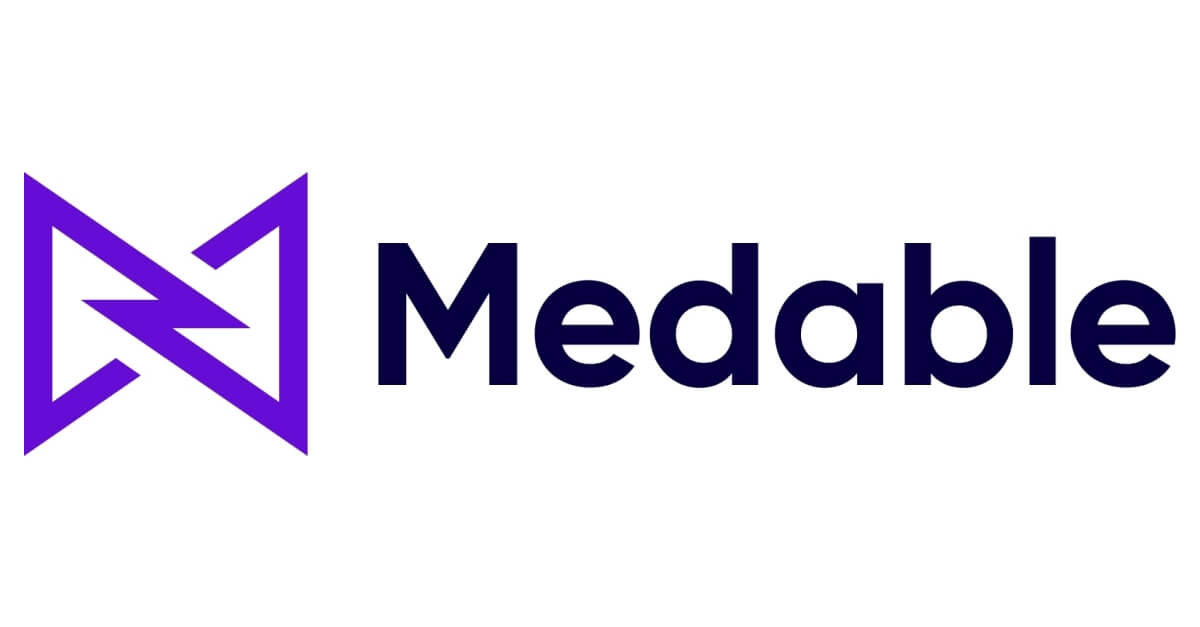




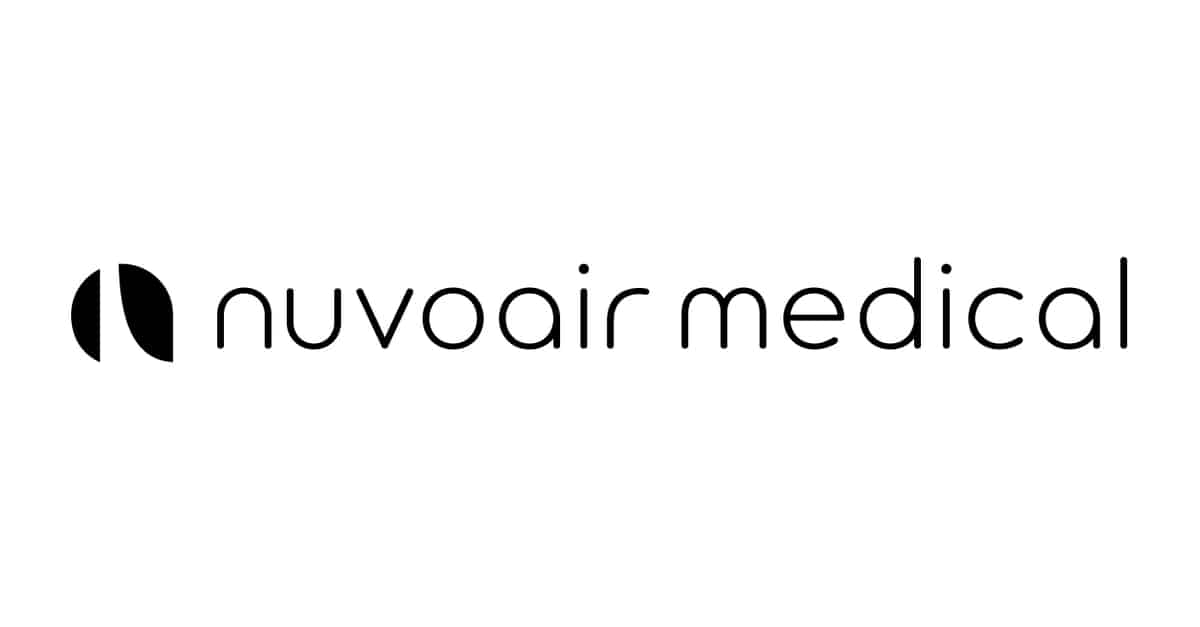
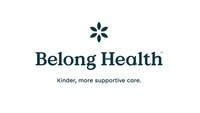

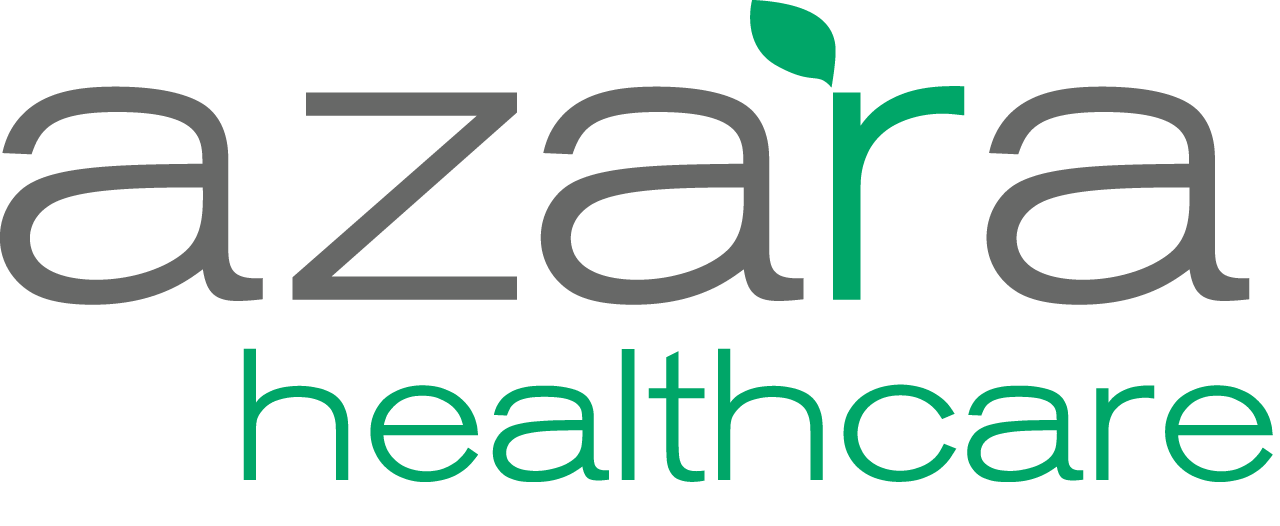


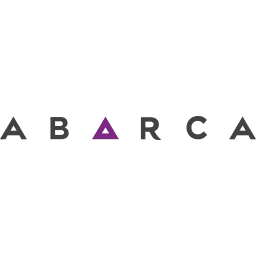




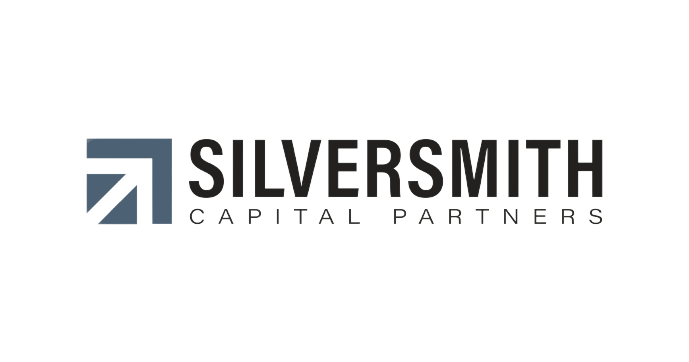
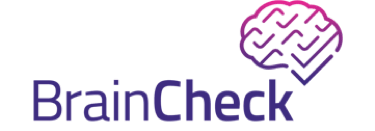

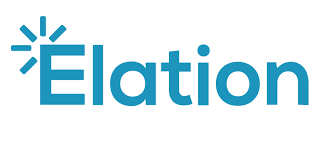

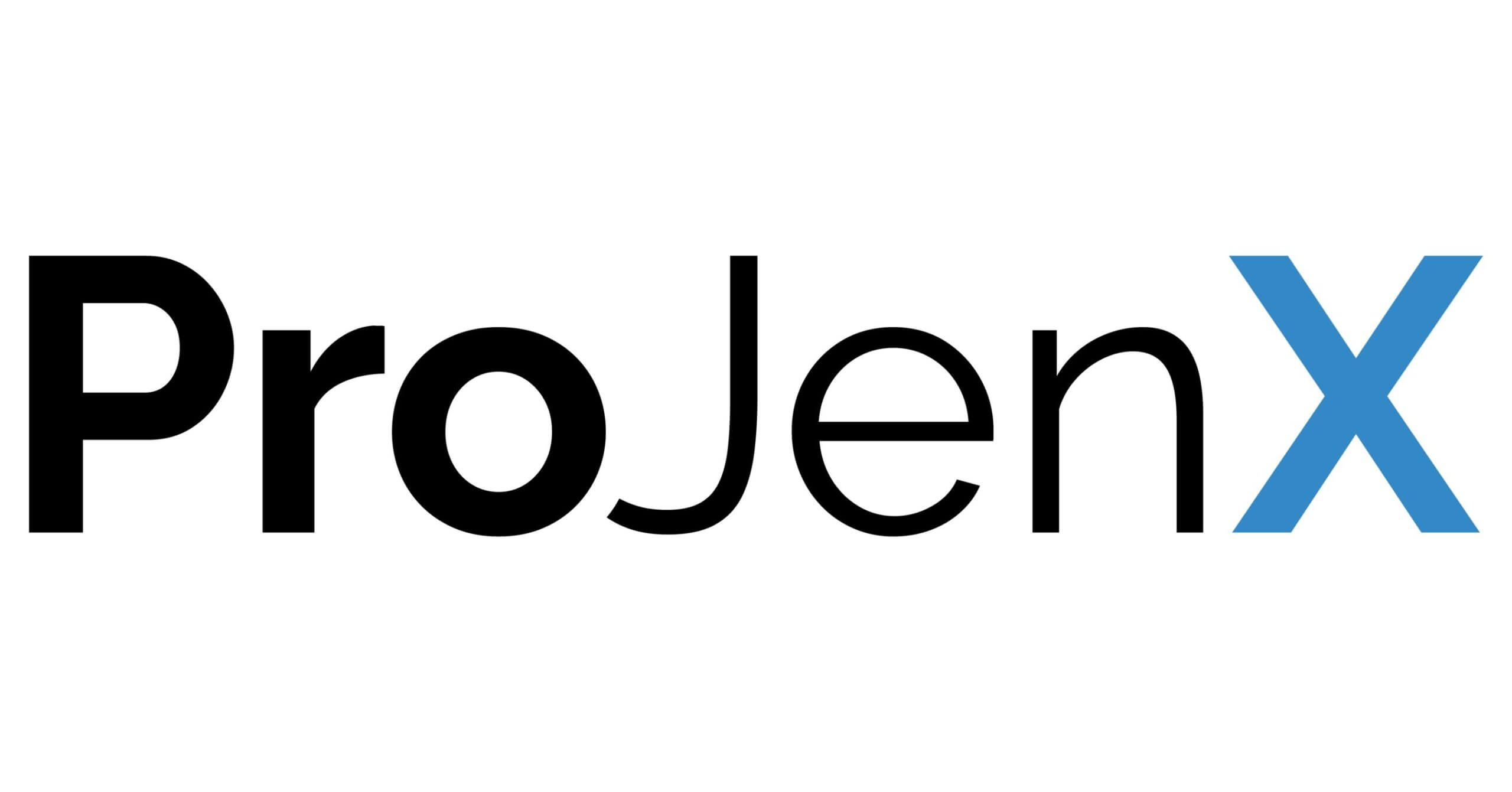

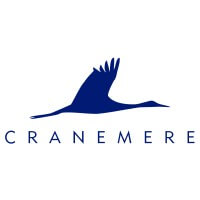


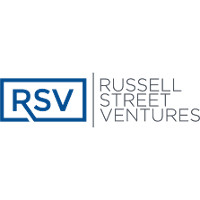

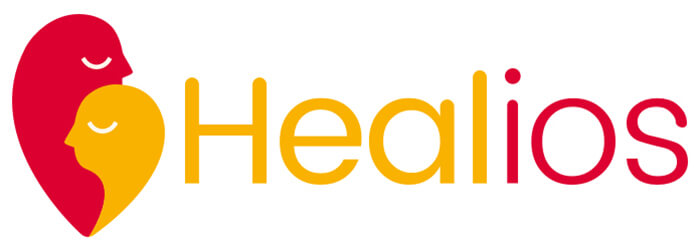

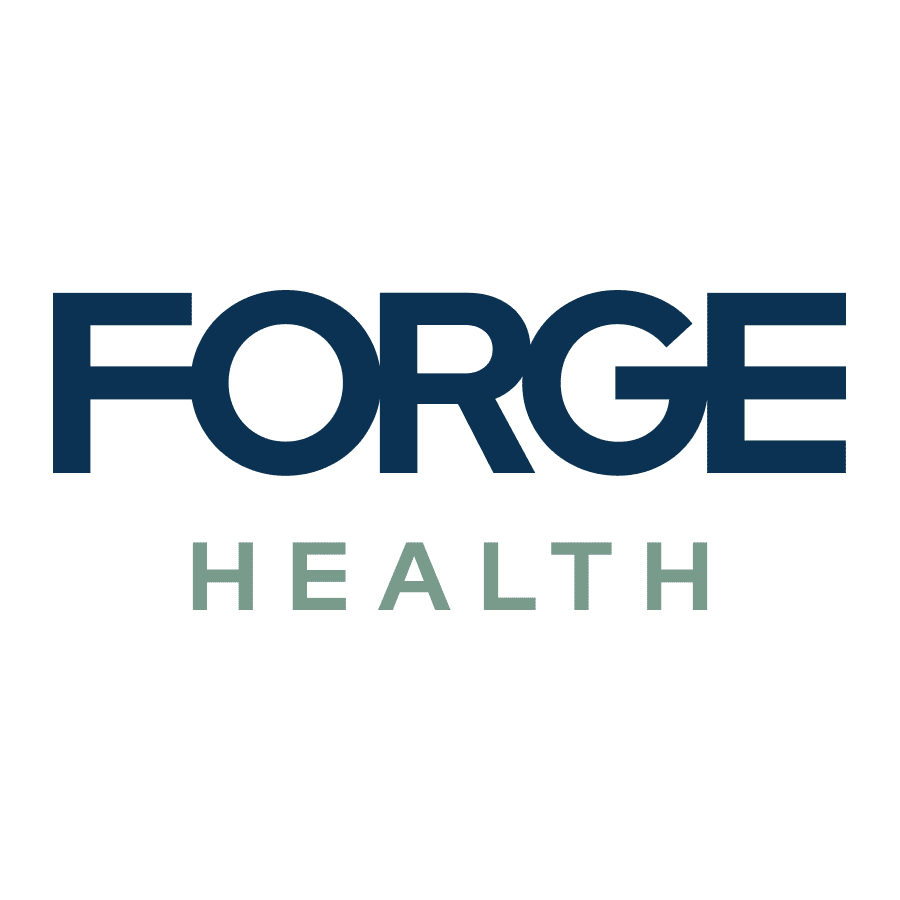

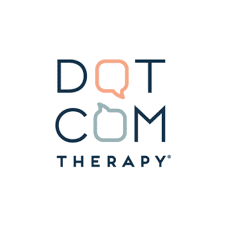
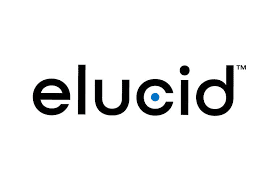
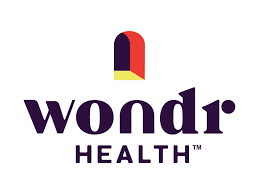
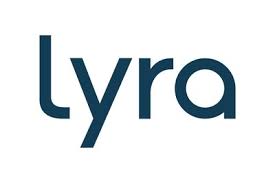
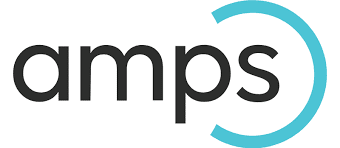

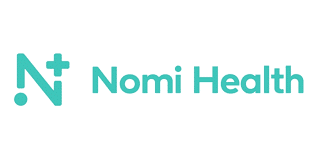

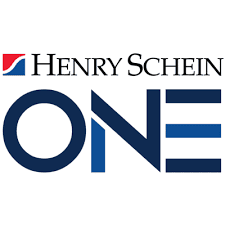

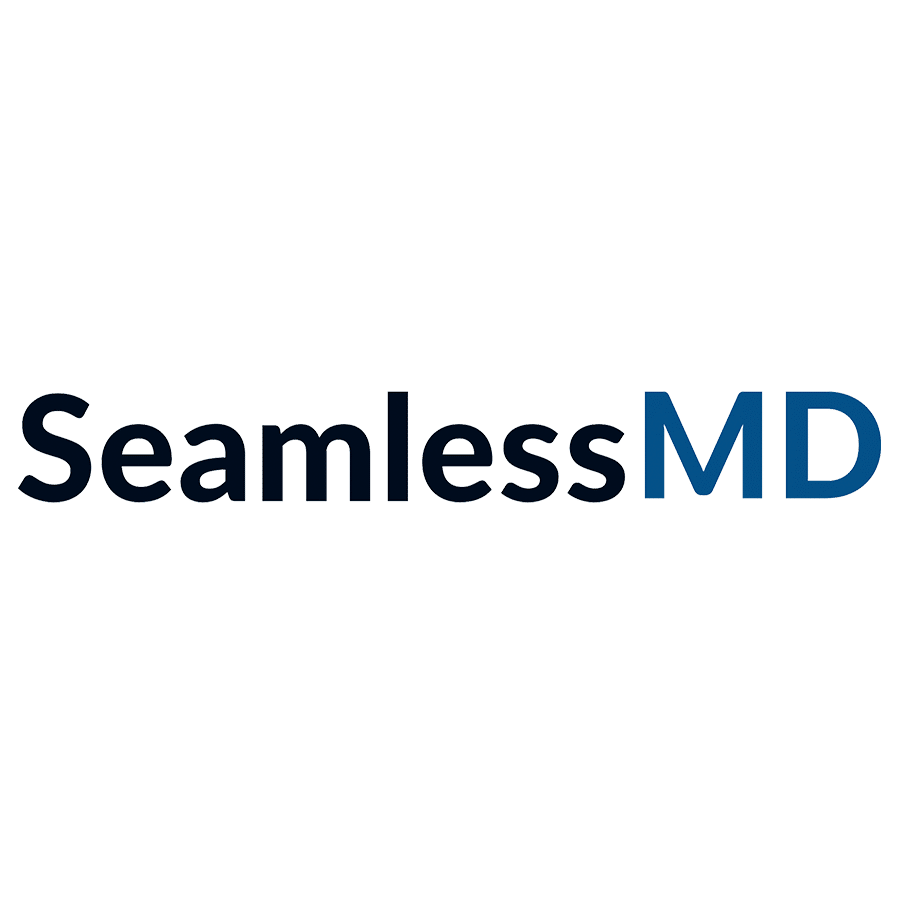
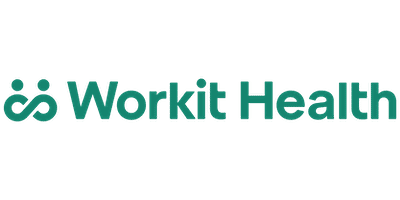







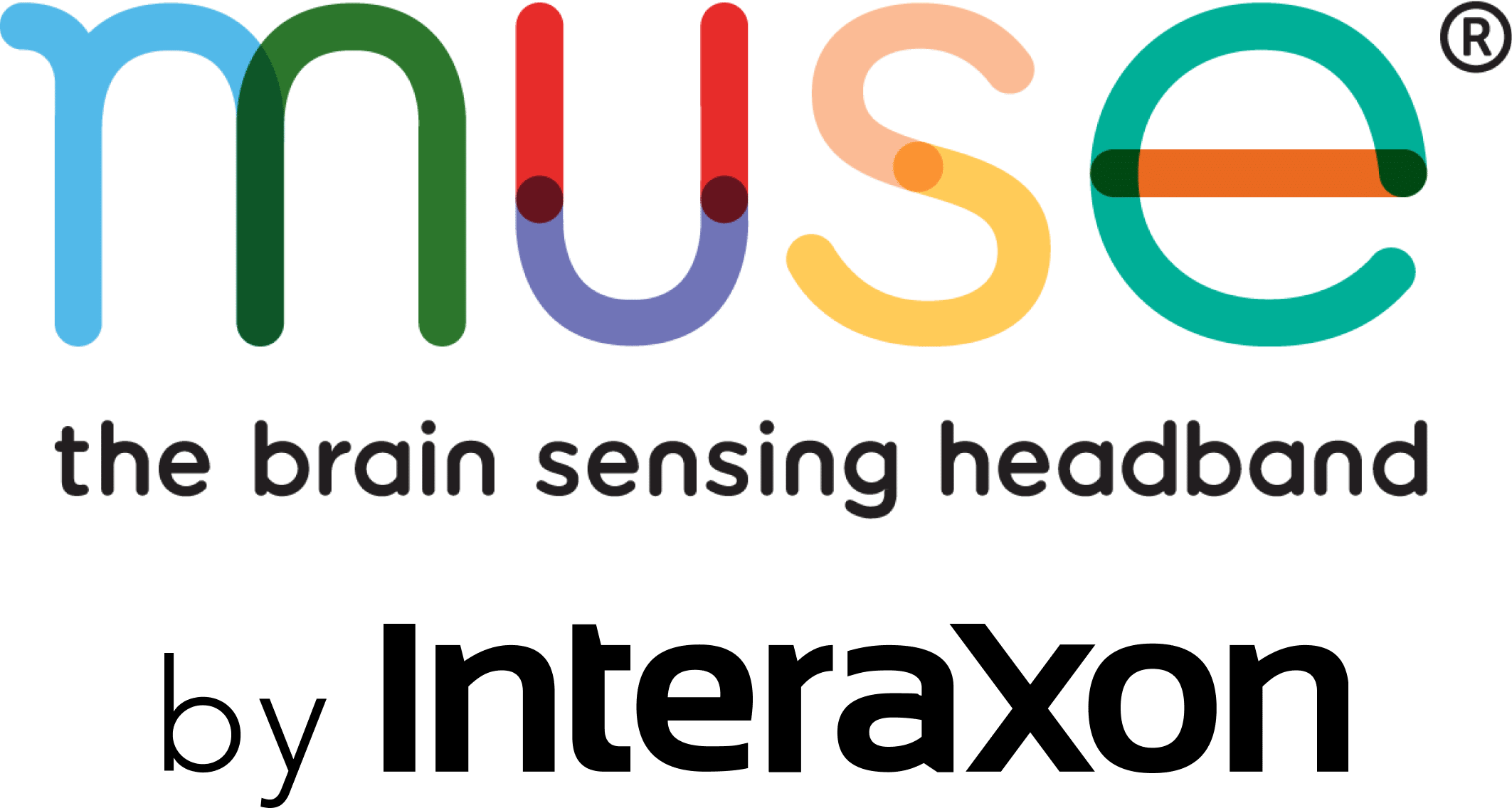

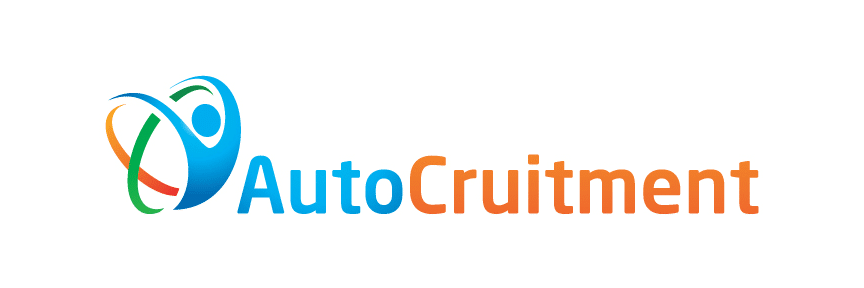
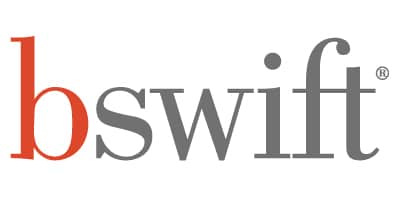
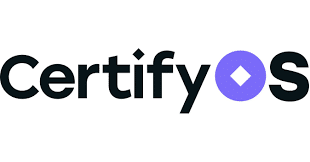
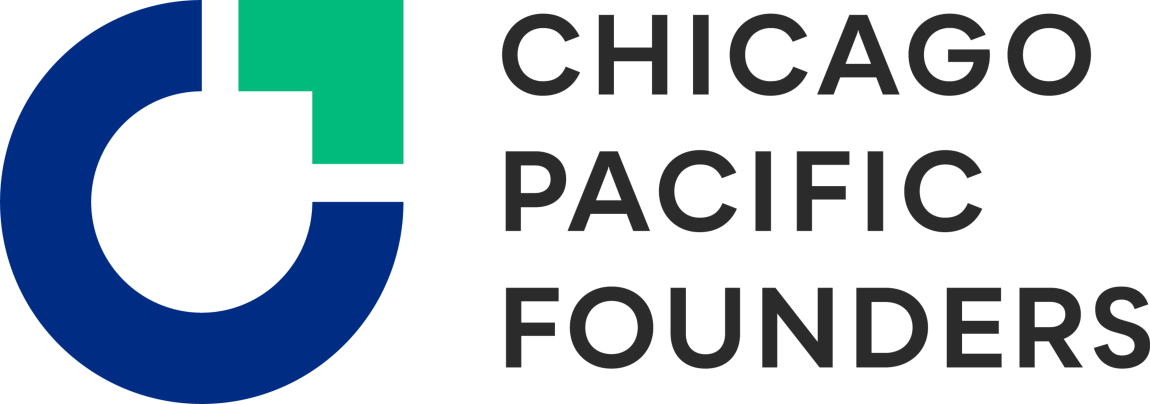

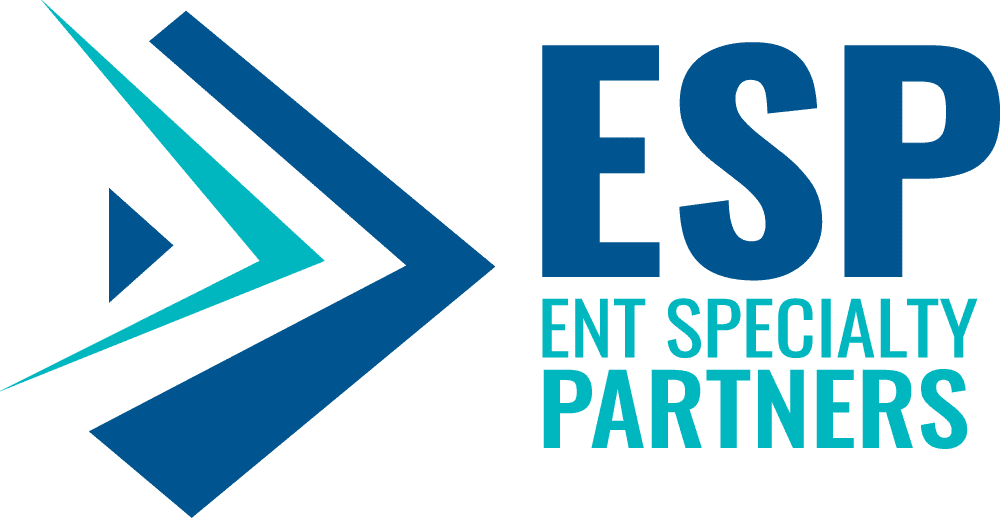
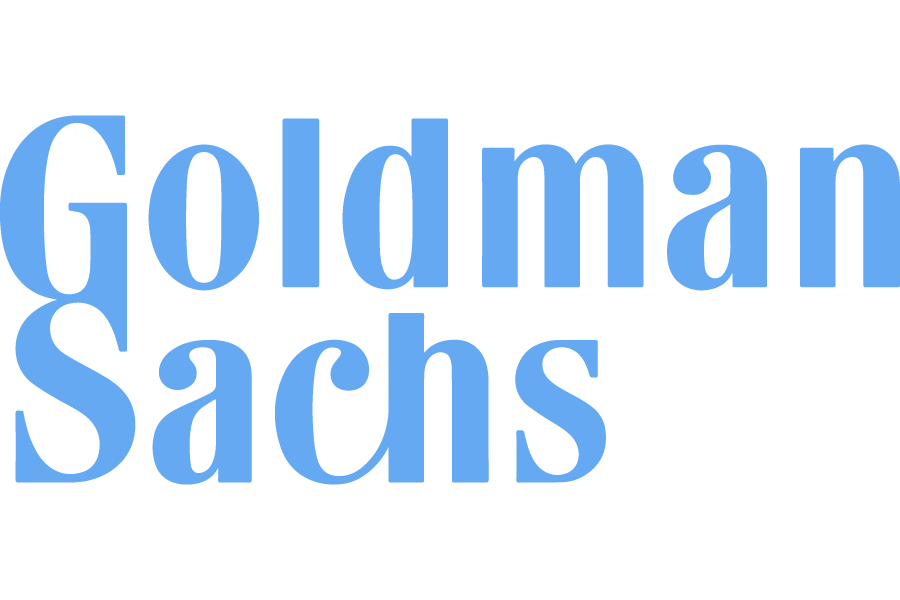
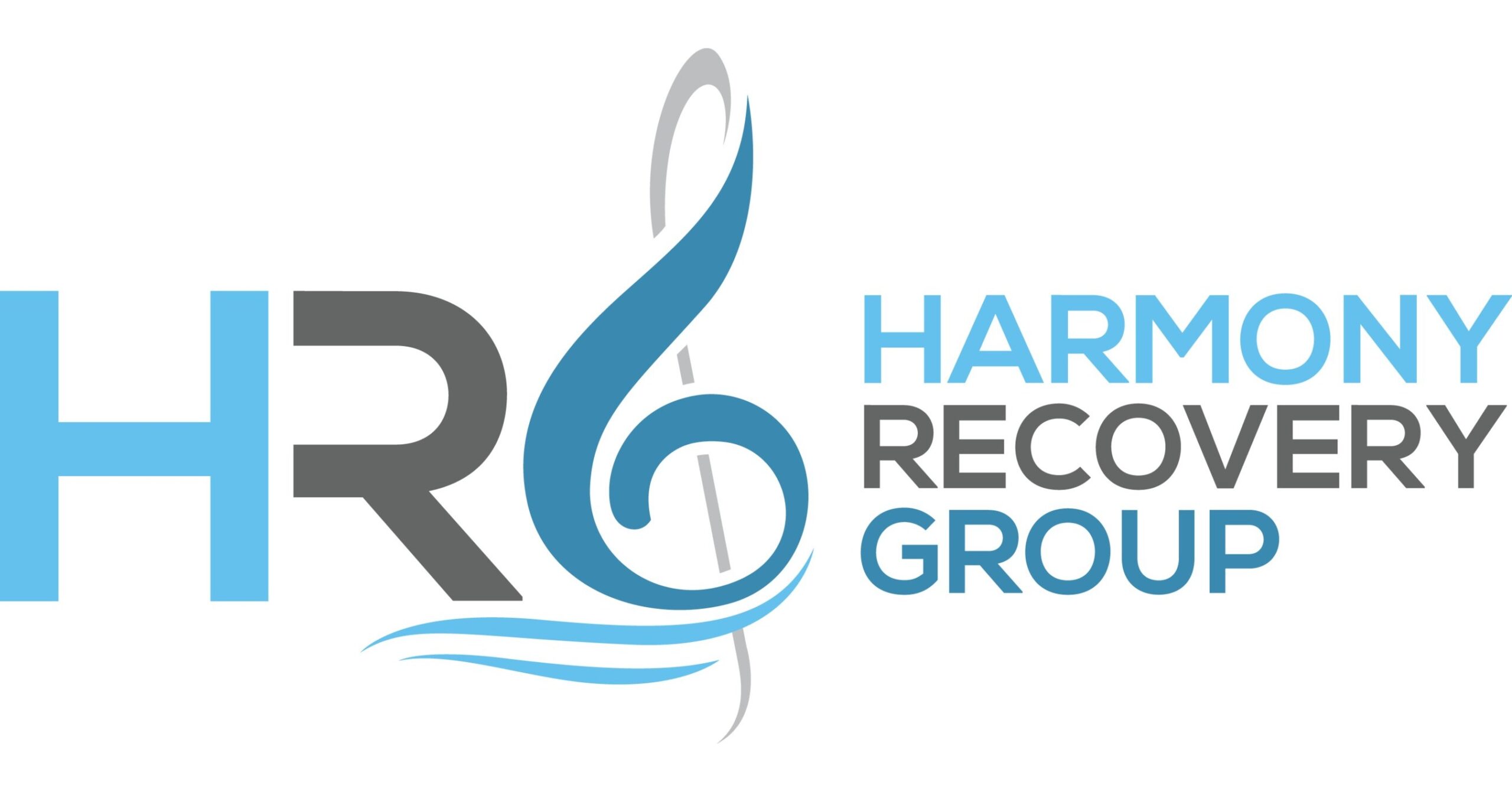
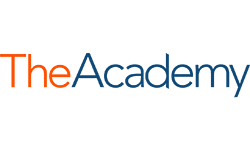
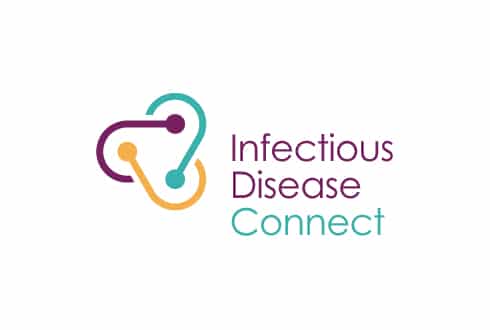
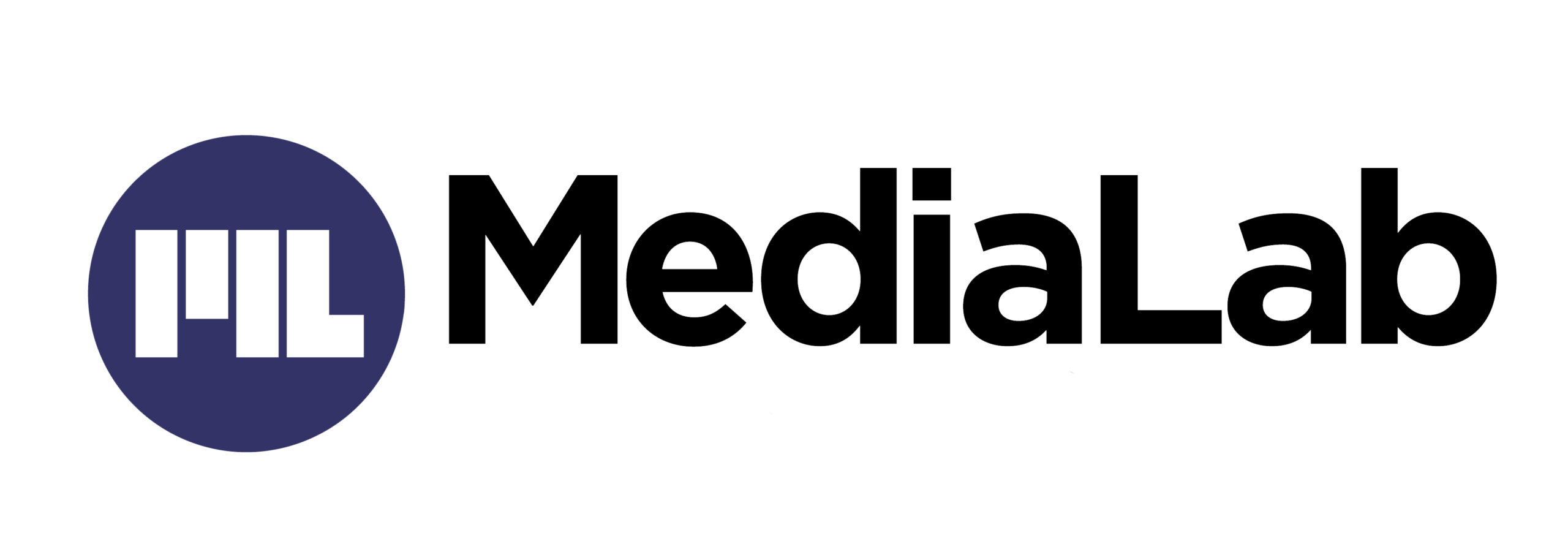

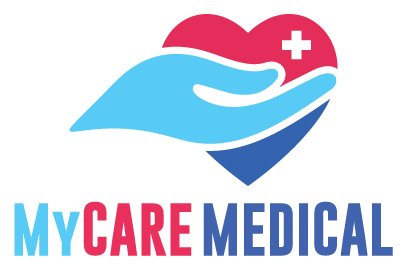



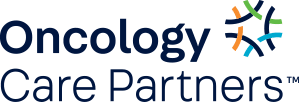

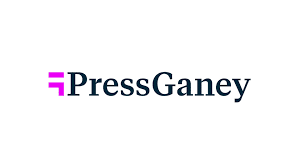
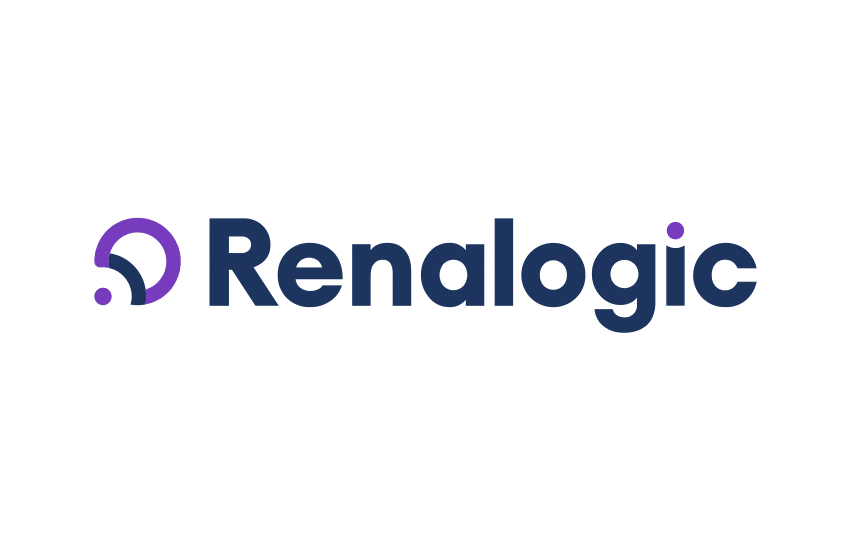

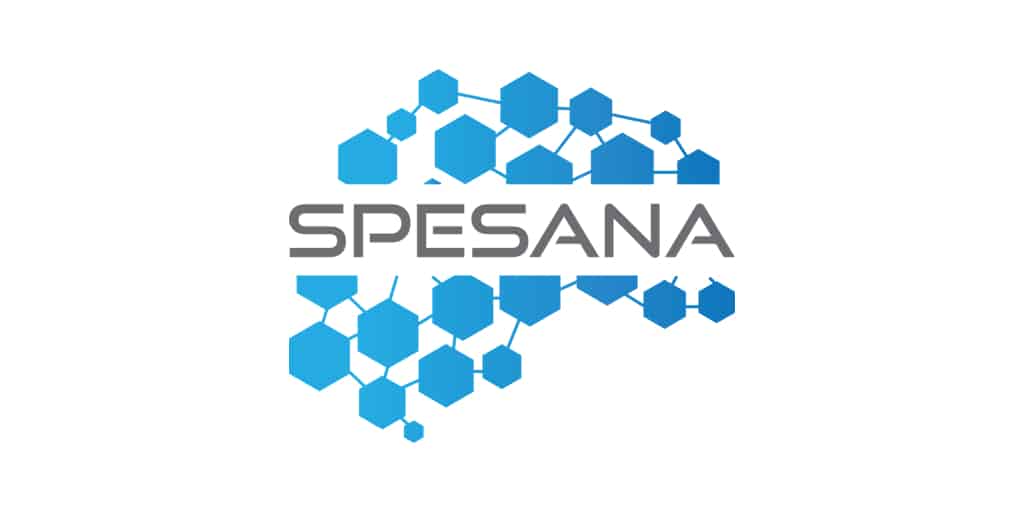

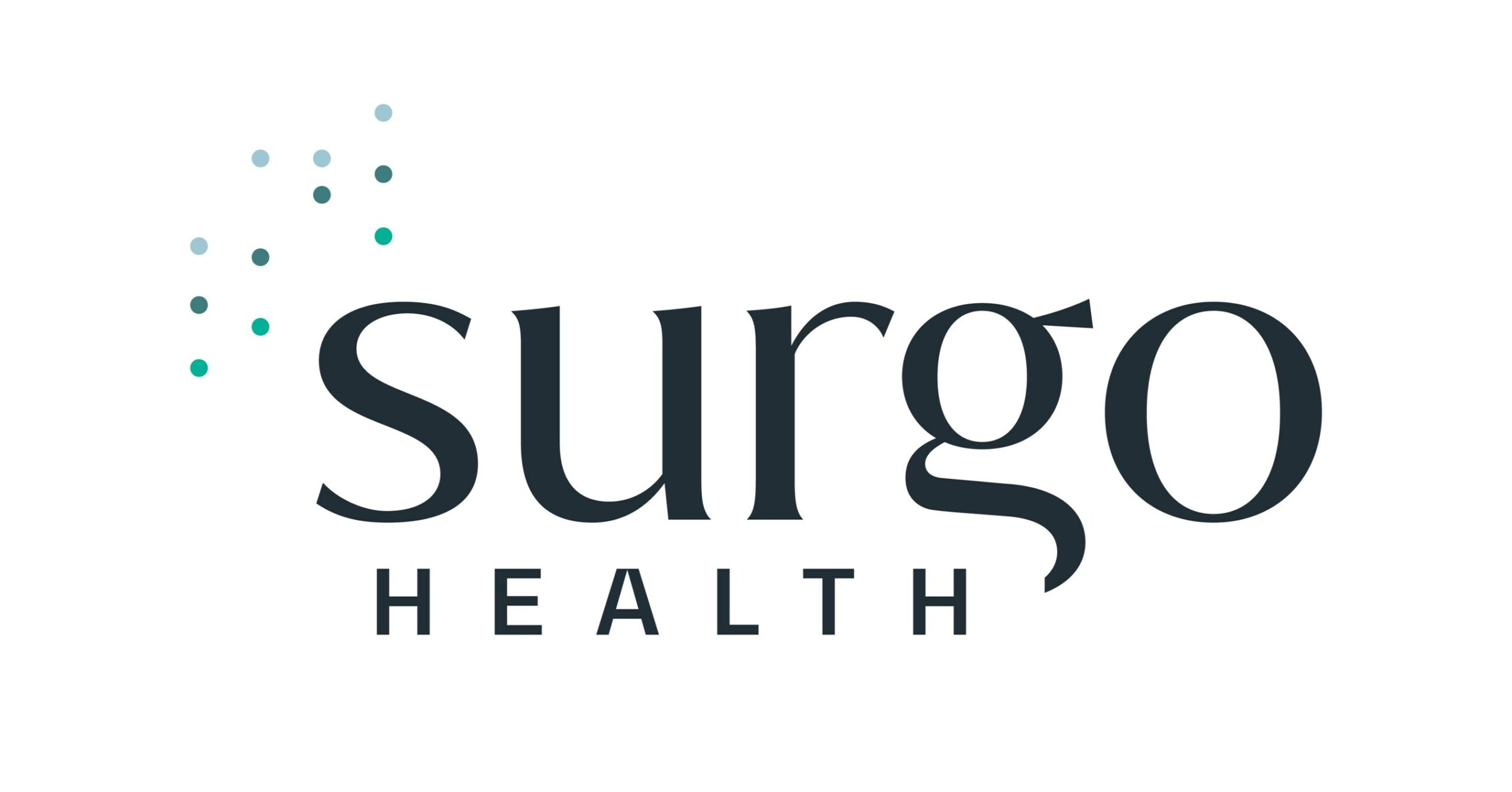


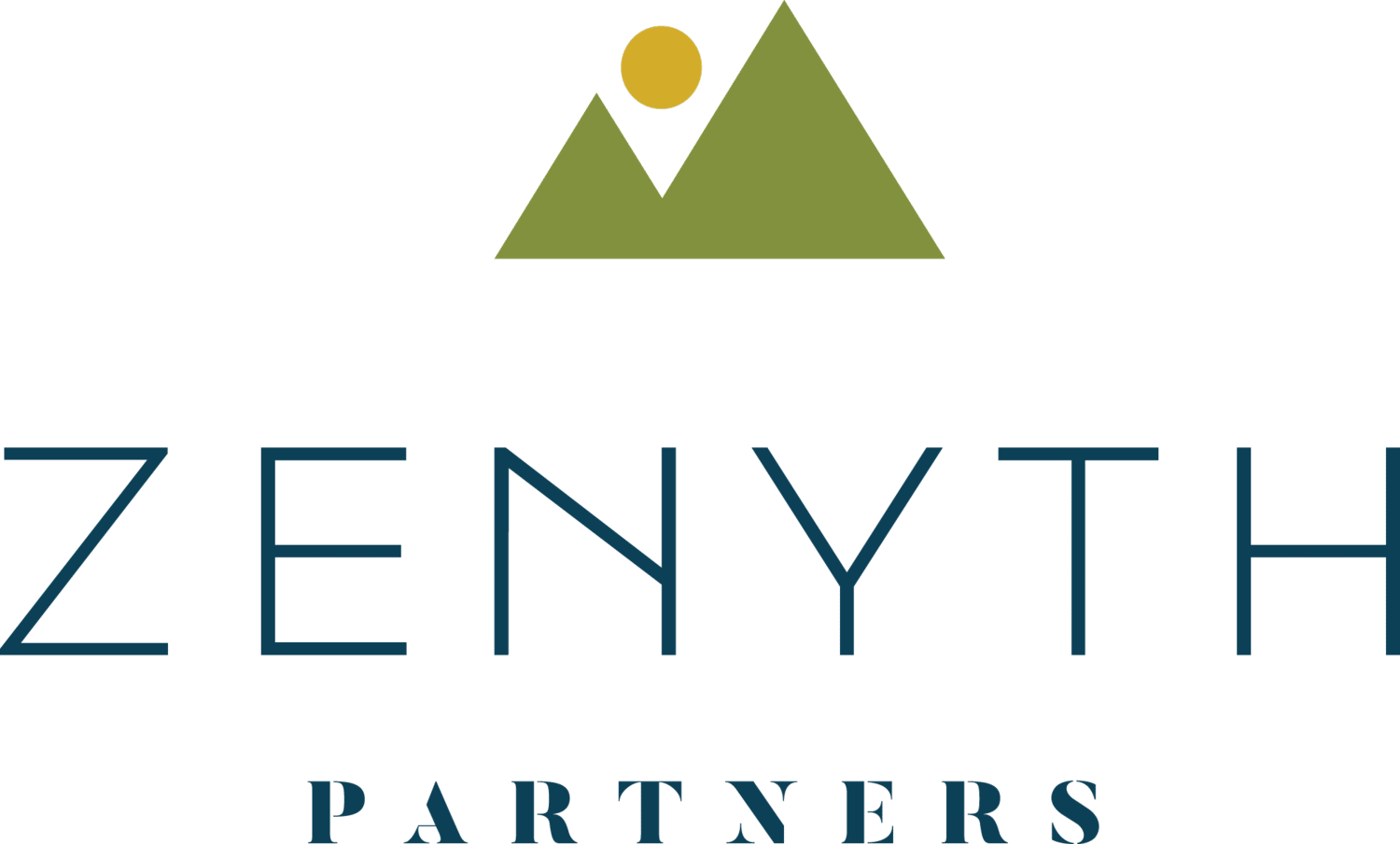

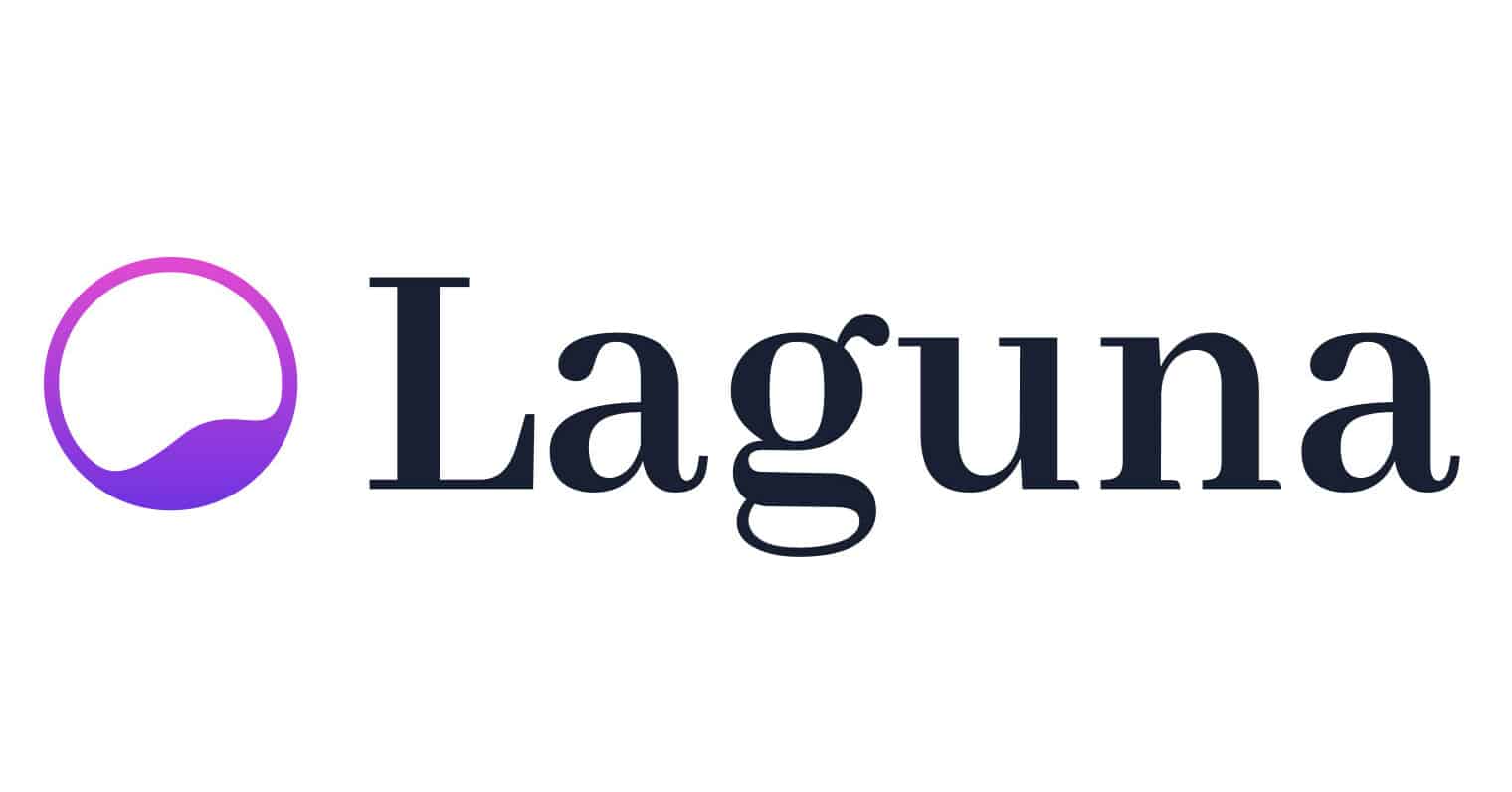

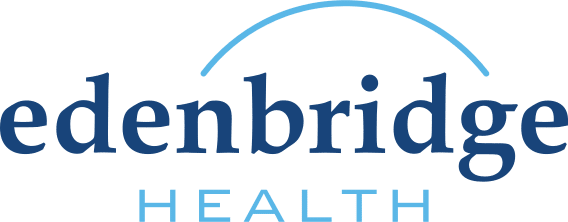

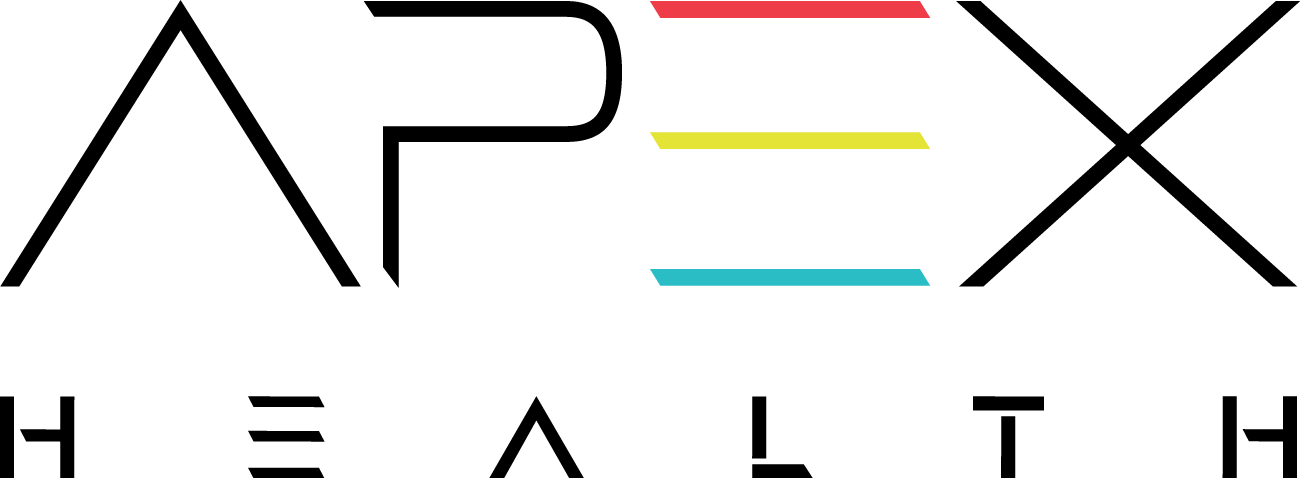





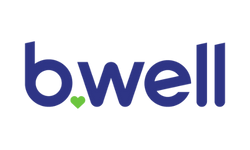




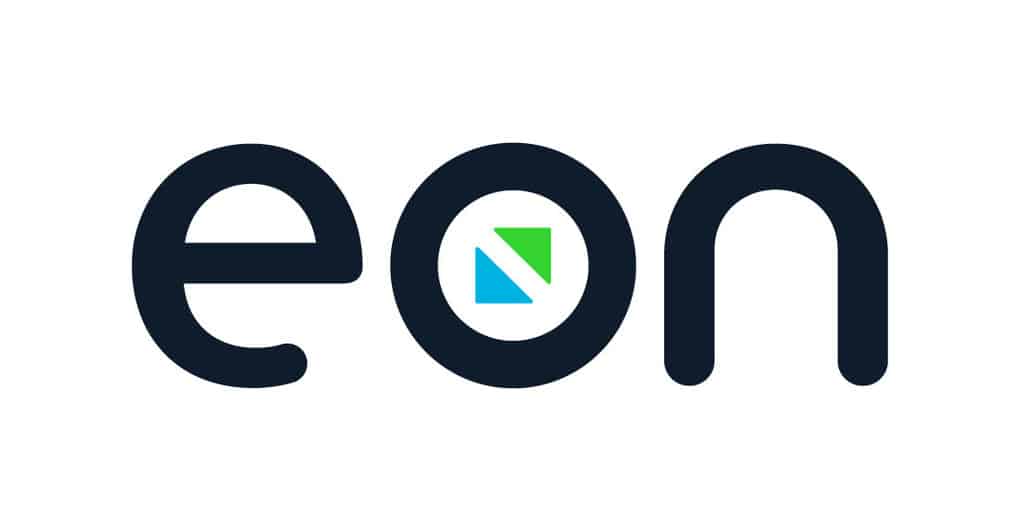
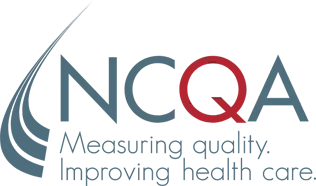
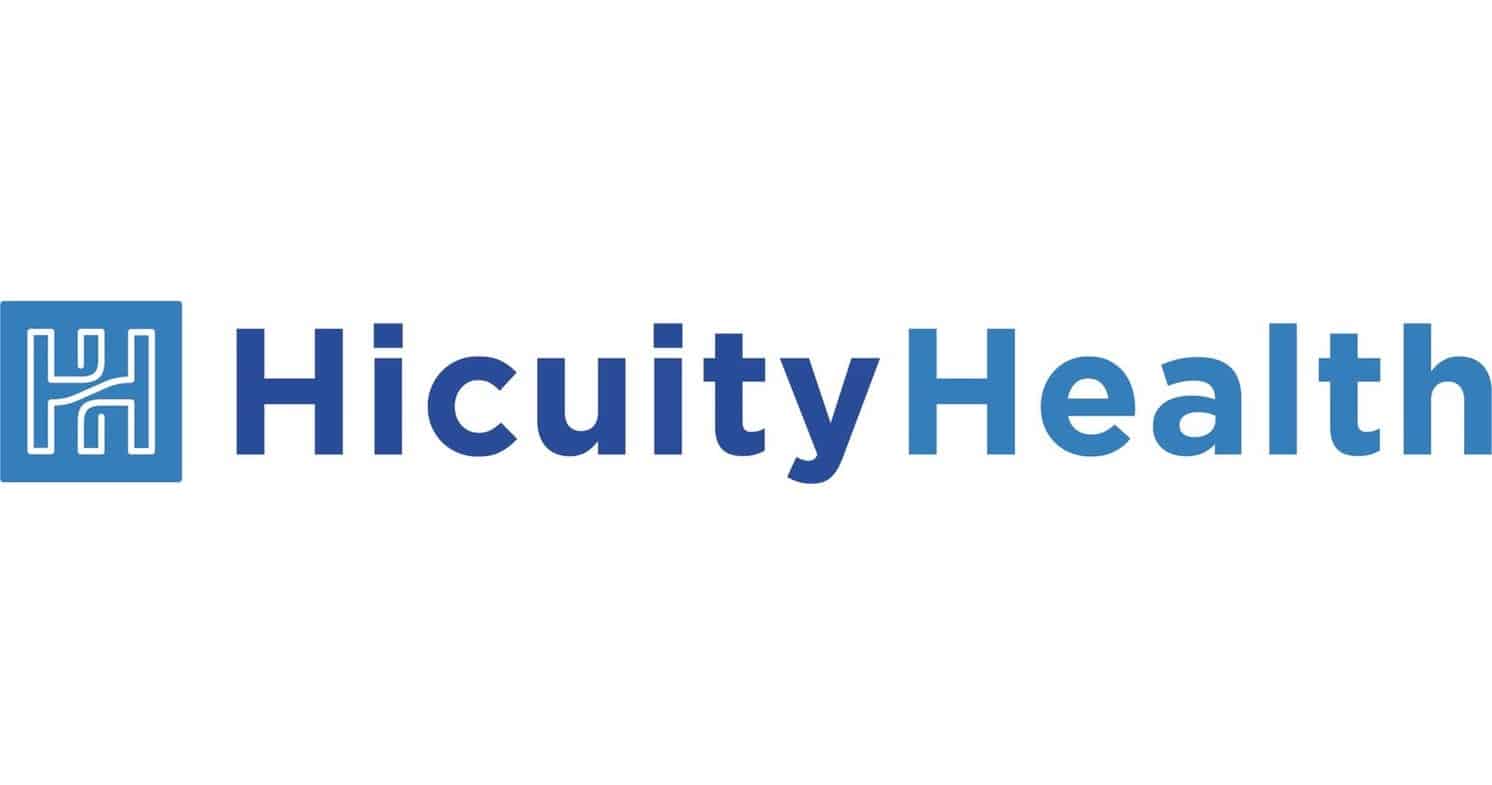



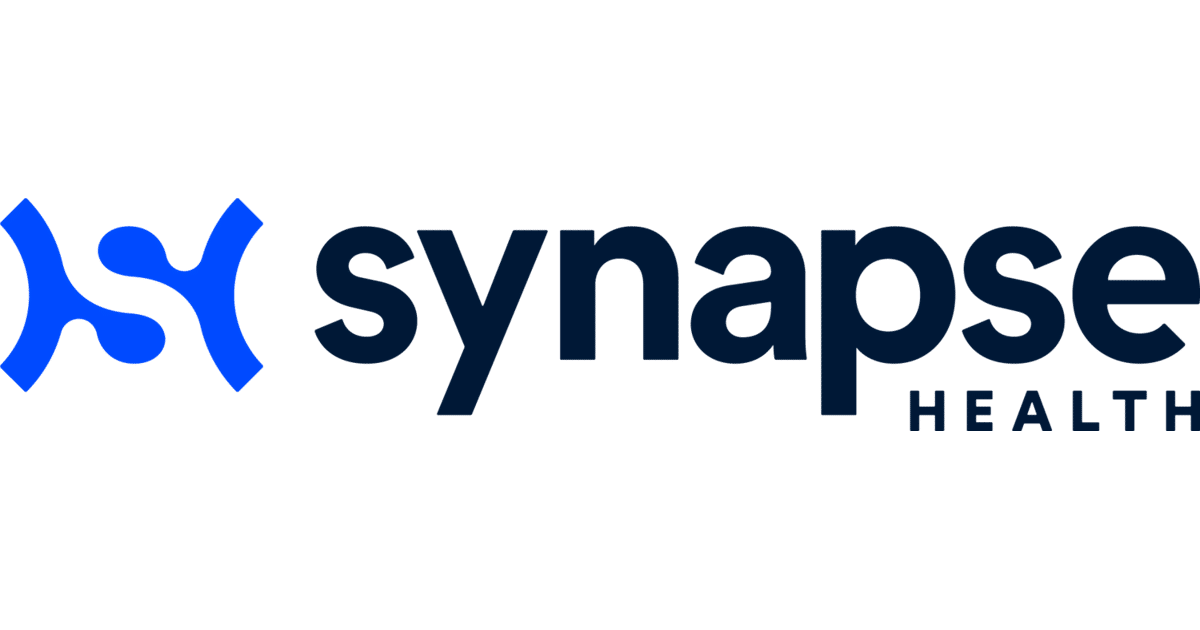
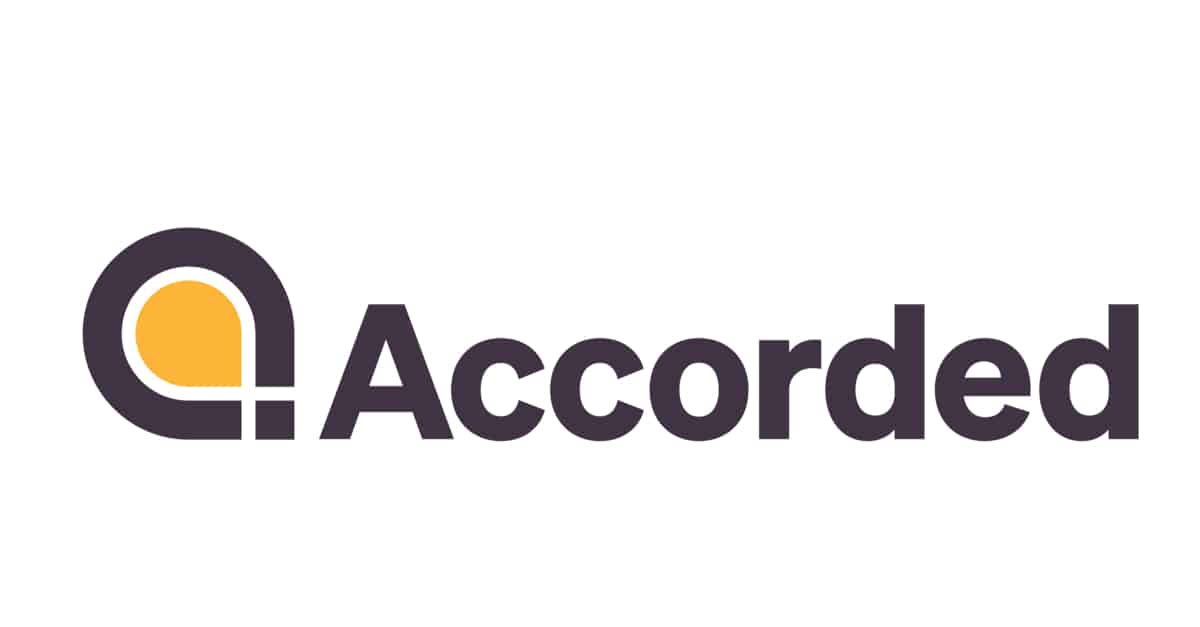


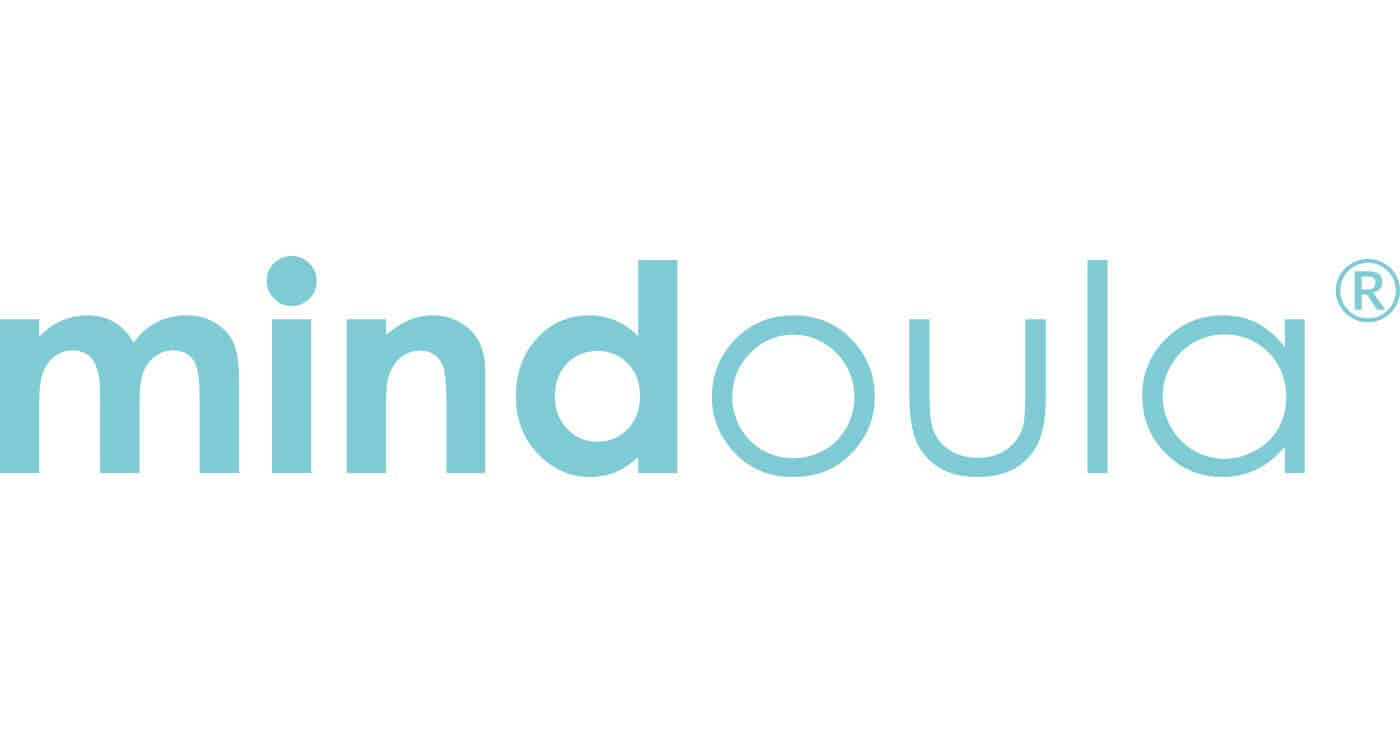

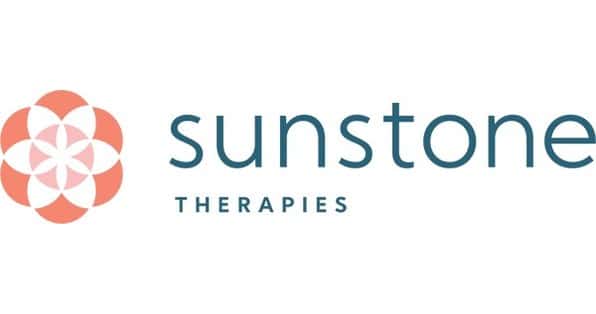
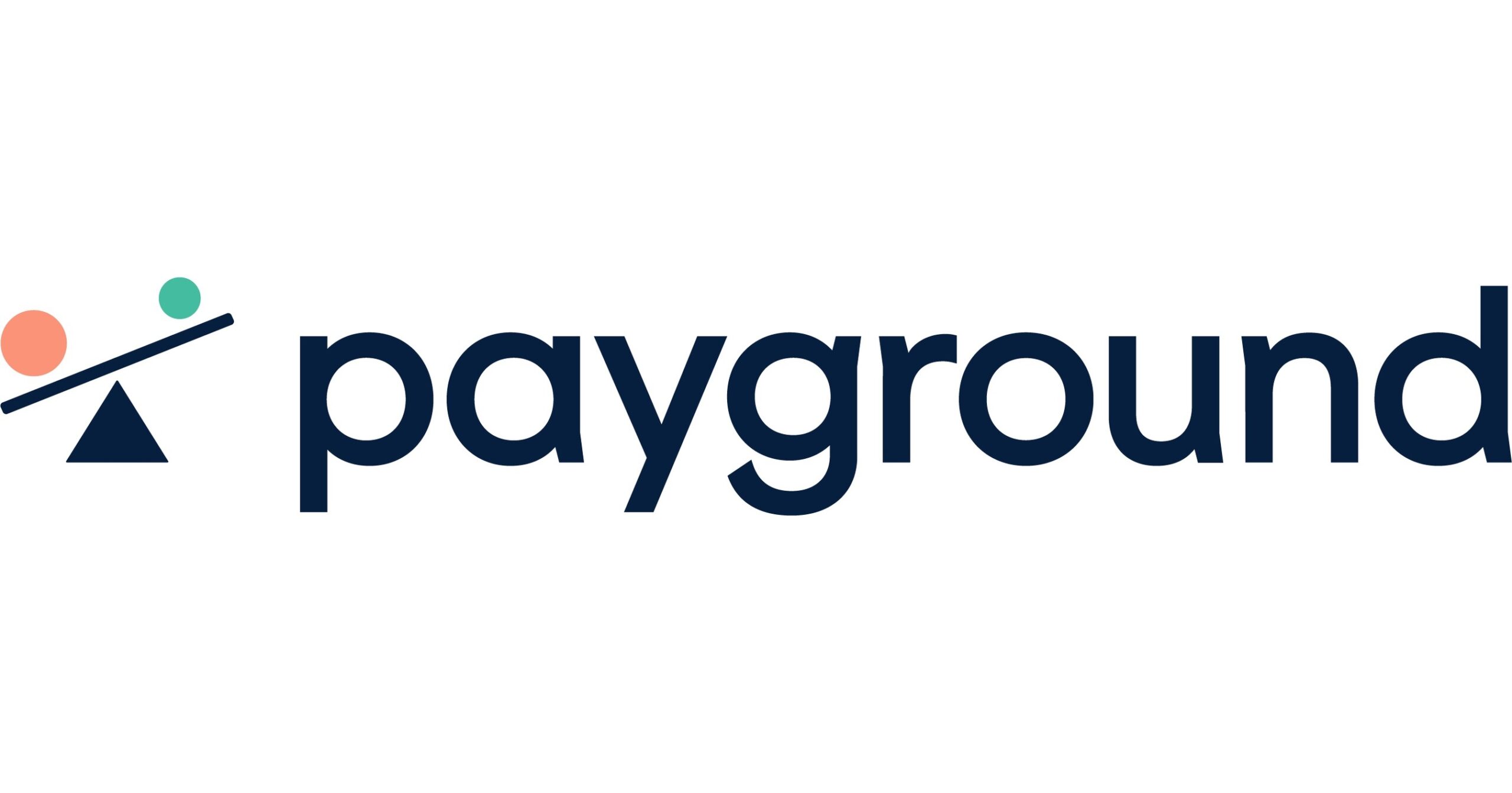



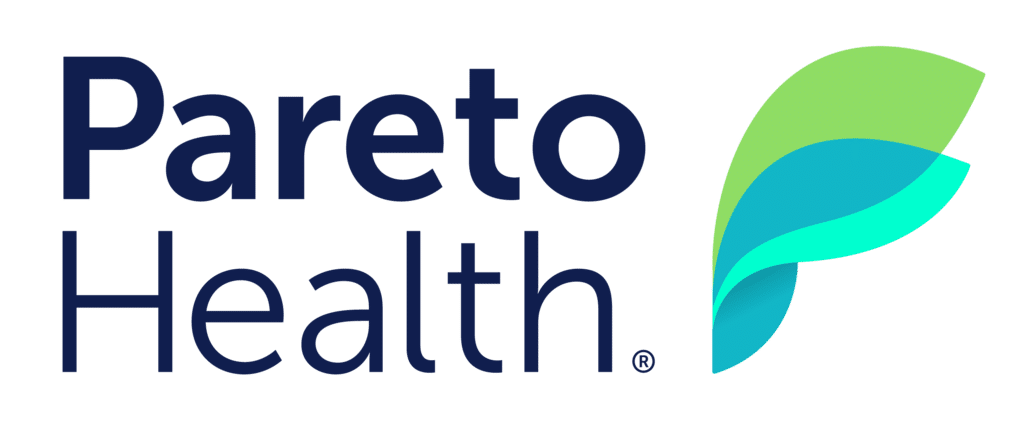
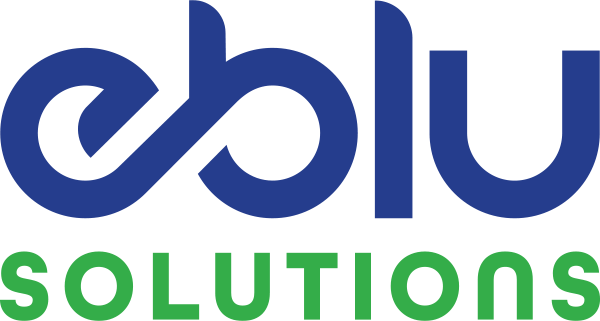

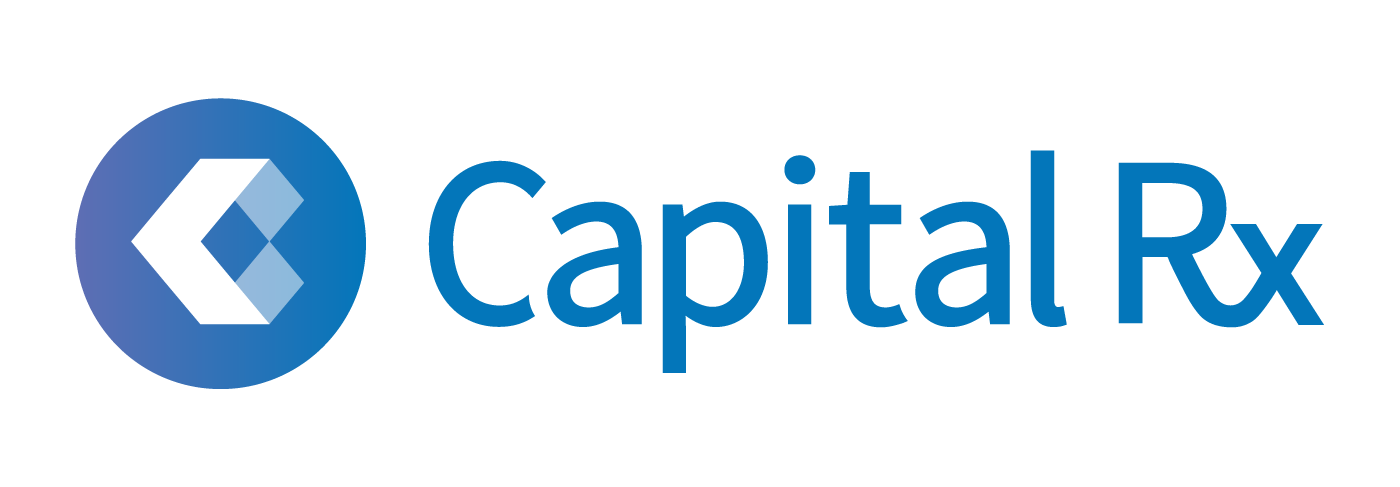
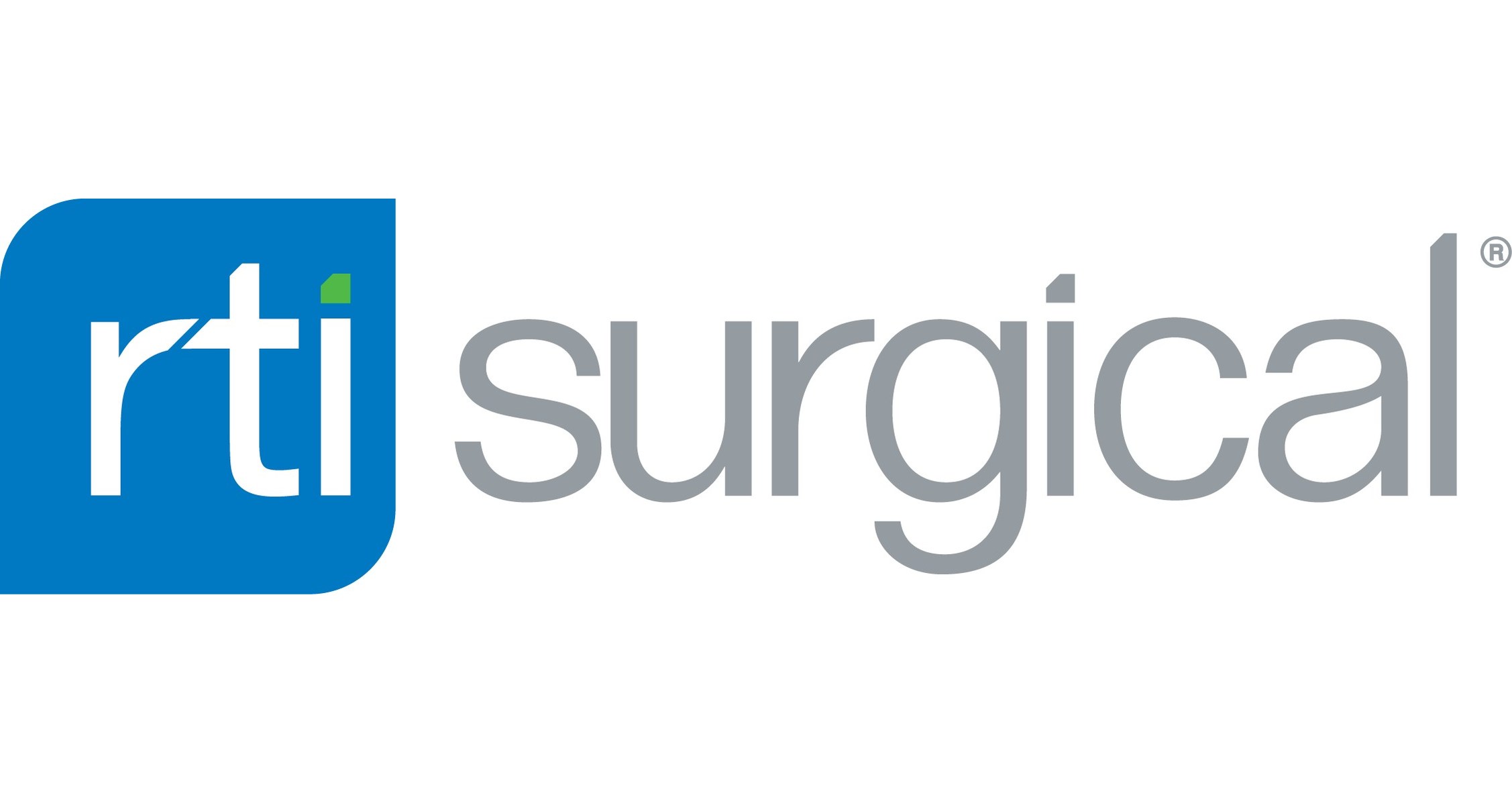


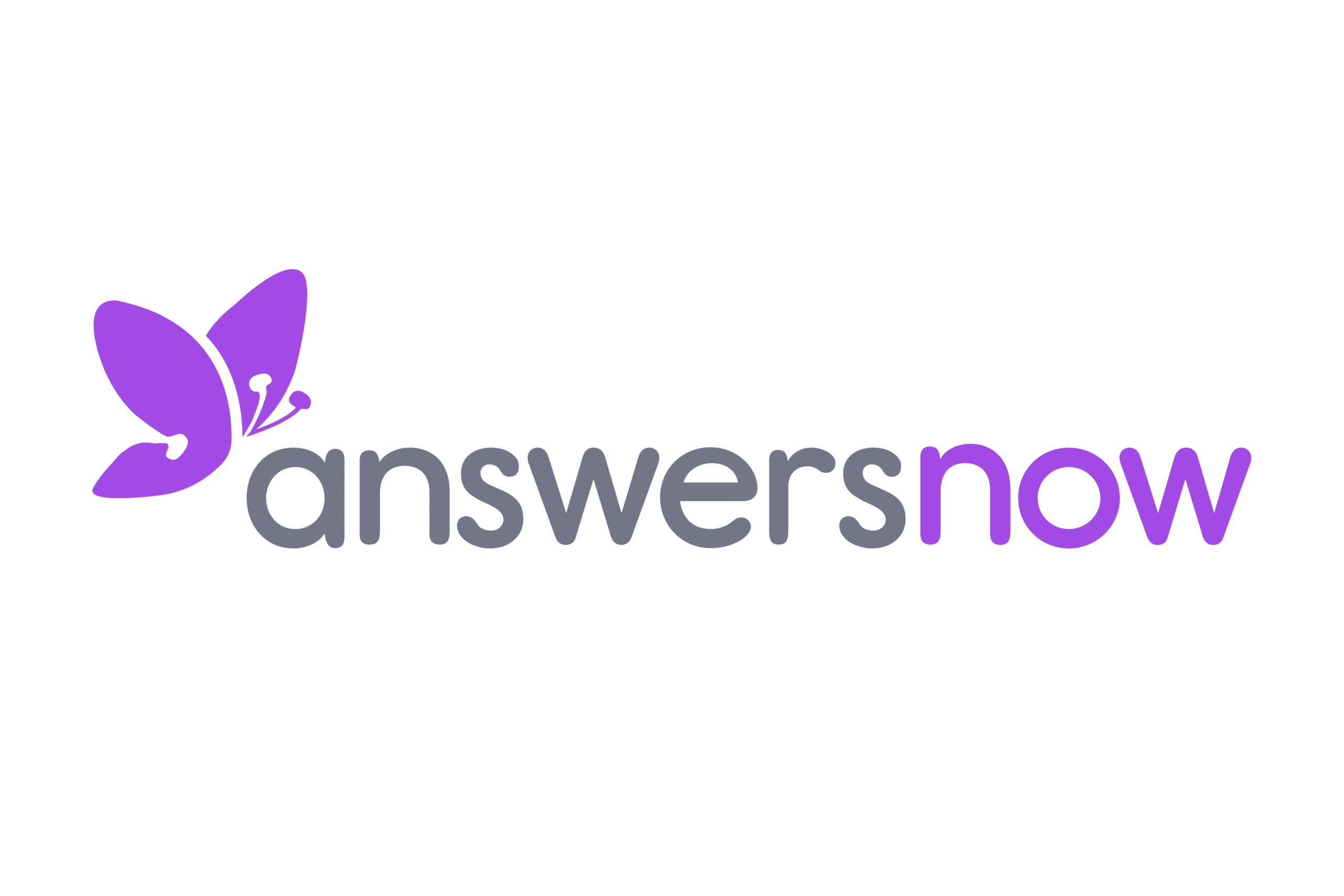
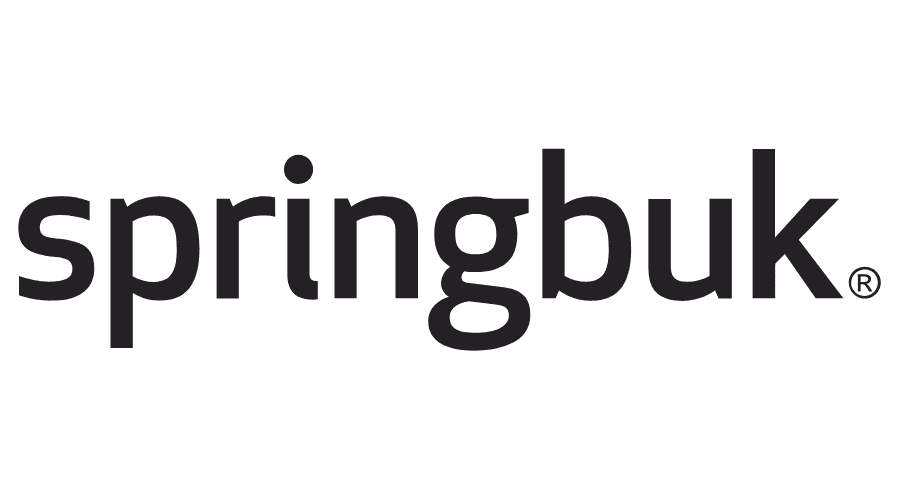



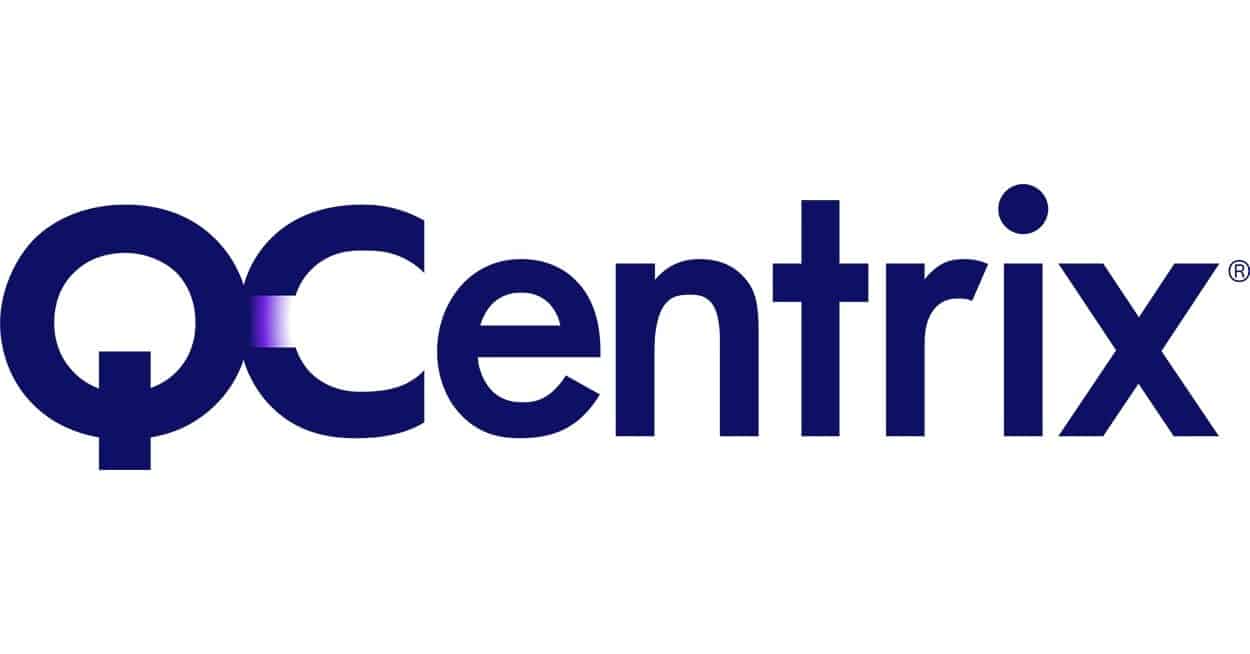





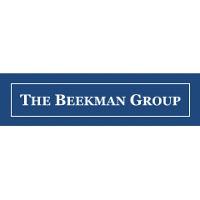



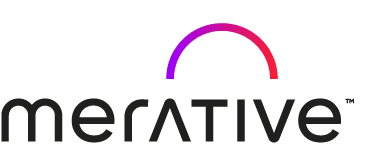

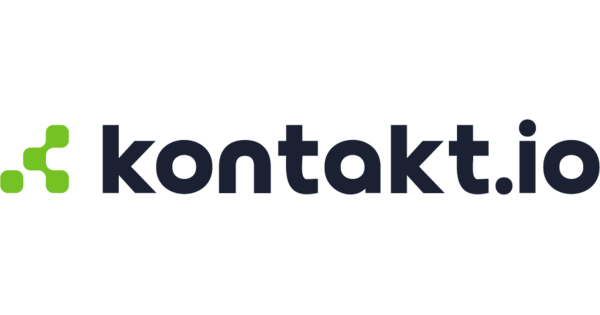

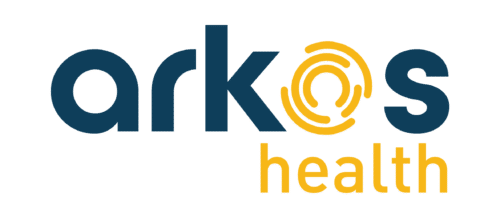















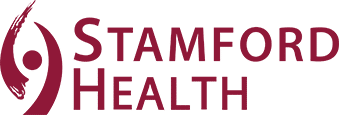






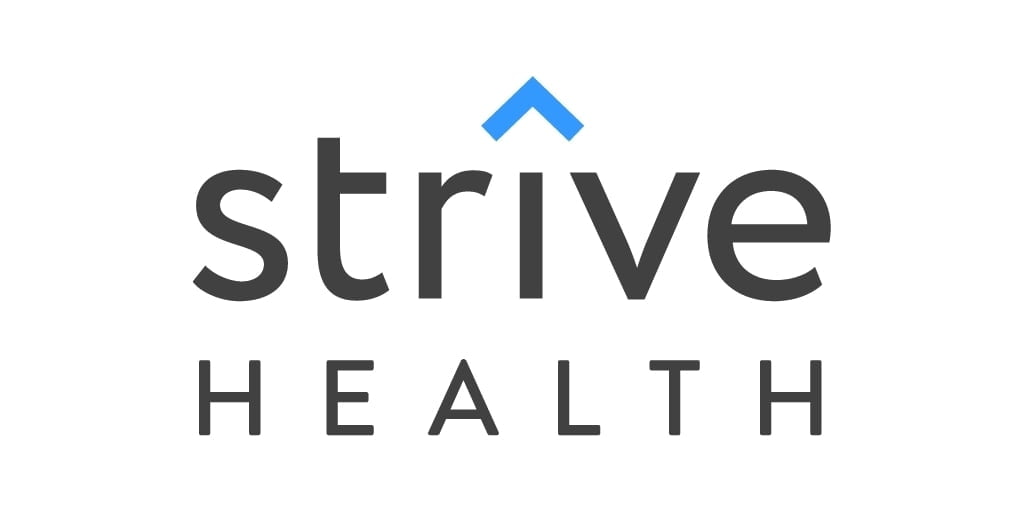



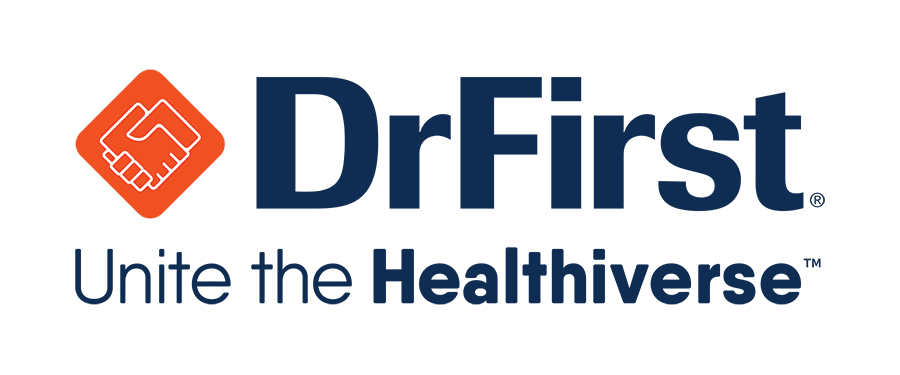
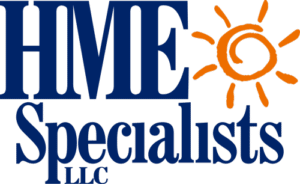

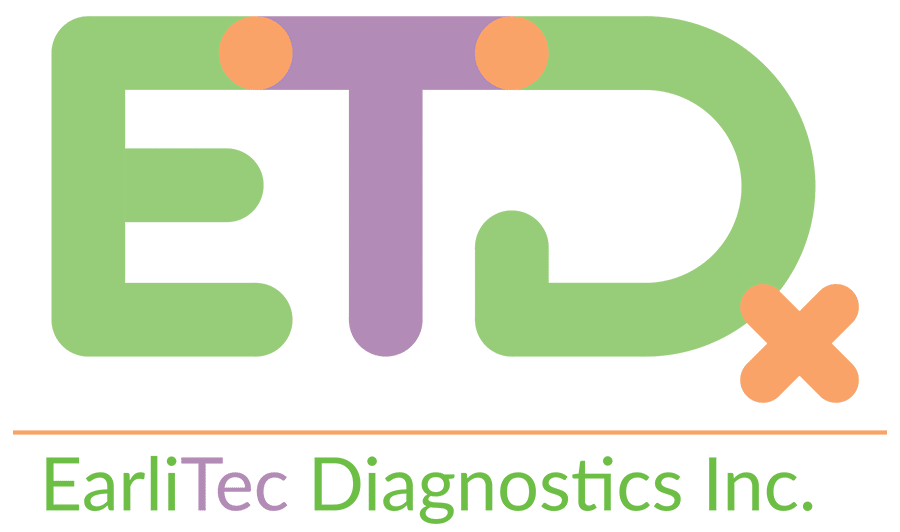




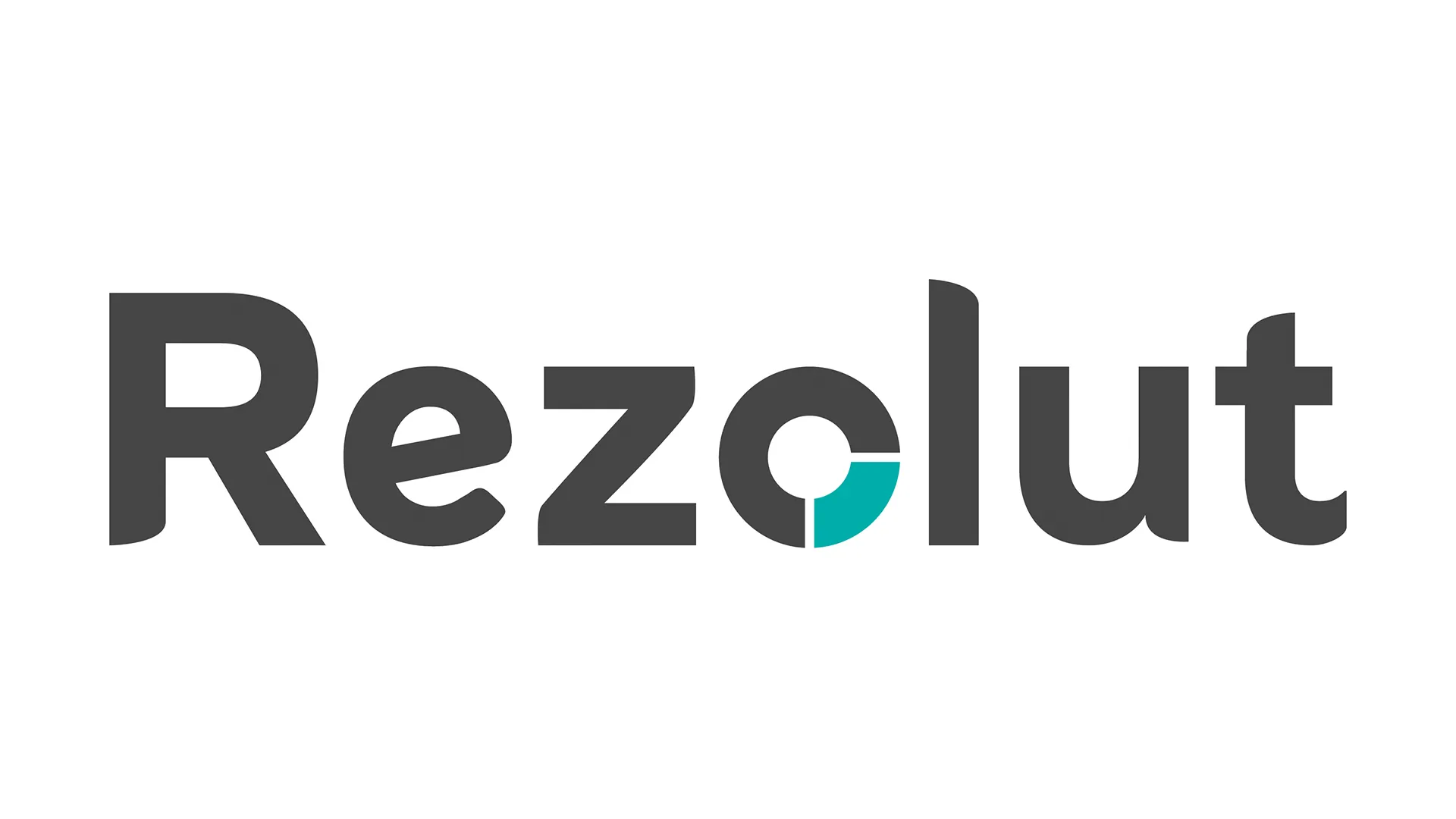


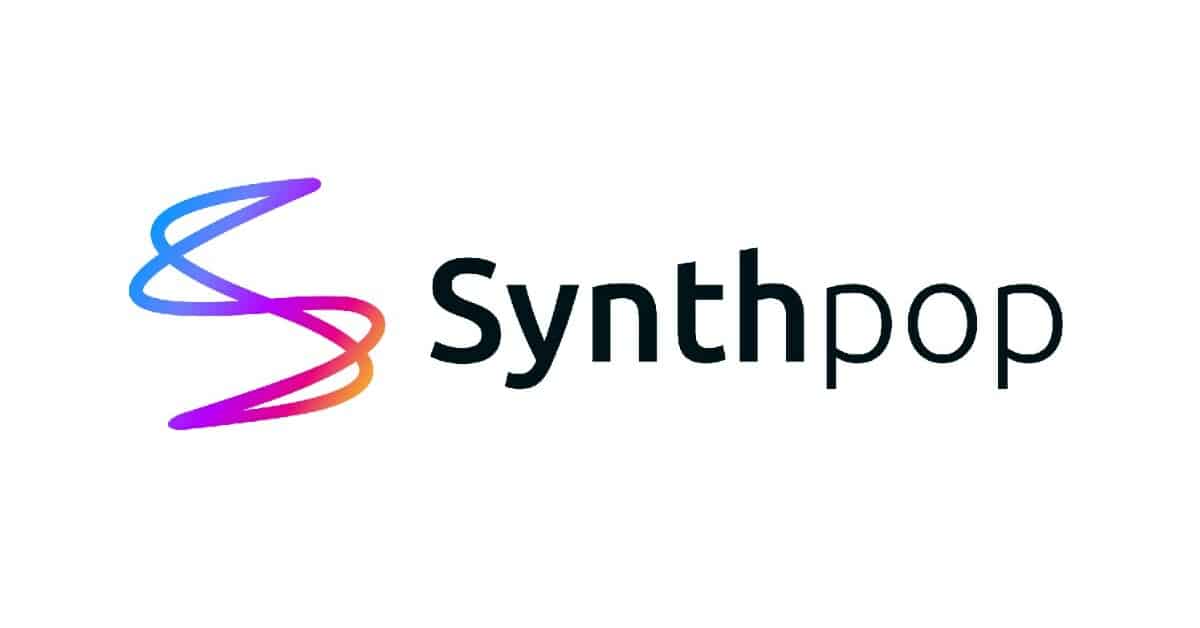


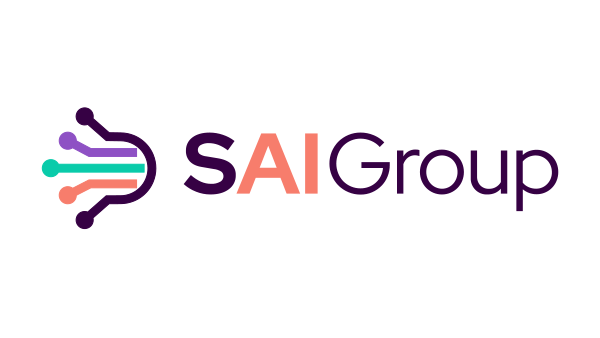
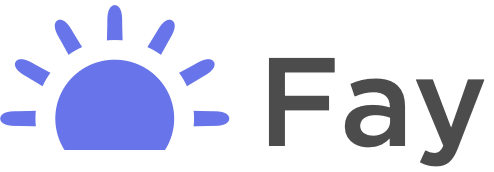

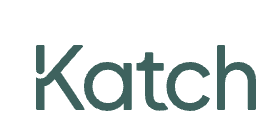
Kristy Lindquist recently sat down with Isabelle Kenyon, to learn more about her, and share her keys to success with other early-stage CEOs. Isabelle is the prime example of a leader willing to utilize self-awareness to drive change within herself, her organization, and the members she serves.
Isabelle Kenyon is the Founder & CEO of Calibrate, a metabolic health company on a mission to change the way the world treats weight, including how we treat metabolic health for sustained weight loss. In two years, Calibrate has raised more than $125 million from leading investors, including Founders Fund, Tiger Global, Optum Ventures, Forerunner Ventures, Threshold Ventures, and Redesign Health, and has published clinically-reviewed results from its One-Year Metabolic Reset that exceeded the health outcomes from clinical trials across all metabolic markers. Calibrate was recognized as a World Economic Forum Technology Pioneer in 2021 and by Fast Company’s World Changing Ideas in 2022.
Isabelle graduated from the University of Pennsylvania and began her career as an investment banker in Hong Kong. Prior to Calibrate, Isabelle led business operations, growth, strategic partnerships, and communications at Capsule, a technology business rebuilding the pharmacy from the inside out. Before Capsule, she worked at beloved consumer brands in London and New York. She was selected to the Forbes 30 Under 30 list in 2015.
Kristy Lindquist (KL): How did you get into healthcare and why did you start Calibrate?
Isabelle Kenyon (IK): My first significant interaction with the health system happened after a skiing accident. Healthcare delivery is so fundamentally broken, and so much of my experience was more painful than helpful that I vowed to dedicate my career to solving the problem. I had the right amount of naïveté to believe that I could just transform healthcare from a bricks and mortar retail business to an e-commerce business. While my perspective changed as soon as I discovered how complex the healthcare system was, that initial passion was what made me jump in.
Shortly after my accident, I joined a pharmacy startup called Capsule where I was given the opportunity to work across the company on everything from operations to strategic partnering as the company grew from prelaunch to Series C.
While I was there, my mother asked me to help her find a doctor to help her lose weight and get back in control of her health. Because of my job, I knew hundreds of doctors and found a specialist at an academic medical center. It turns out that even though there are a few thousand obesity board-certified specialists in the US, there are more than 200 million American adults without access to them and their decades of proven treatment models.
That appointment revealed the problem for me: how do we get this proven care model to more people? What is an effective total cost of care for obesity treatment? Where does the total cost of care equation make sense for obesity treatment?
I started cold emailing obesity experts and the more I spoke with them, the more compelled I became that we could—and needed to—change the way the world treats weight with a new conversation around obesity as a chronic disease and a new standard of care that would meet the scale of the problem.
KL: You are a first-time Founder & CEO in the complex world of healthcare. What have been your biggest challenges?
IK: Healthcare is complex because the incentives are opaque—every cost affects not one, but several stakeholders. The equilibrium I’m always looking for is our North Star: real results and we achieve it by balancing the Golden Triangle: optimizing quality, access, and cost. To get there, I try to be intellectually honest about where my strengths and passions intersect and then design (and redesign) our team around my weaknesses and experience gaps. Right now, I love spending time getting feedback from our members, but I haven’t scaled healthcare services delivery, so my job is to set the vision for the member experience and then bring in the team to build it. I try to give context and get alignment on how we’ll measure success upfront so team members can do their best work and I can get out of their way.
KL: It takes a certain mindset to be able to thrive in an organization going through the rapid growth that Calibrate is experiencing. What set you up early on to deal with these challenges, and who is supporting you?
IK: One of our investors always reminds me that startups never fail because of a lack of resources, they fail because they didn’t take the right steps in the right order. Building and iterating my own self-awareness has been essential to building a self-aware organization that can really prioritize both the why and the why now. My advice to anyone—founder or team member—is to use constant feedback to build self-acceptance and design for both you and your organization: awareness, acceptance, design is my framework for iteration.
KL: We all know the value of creating a solid leadership team, especially in early-stage companies. How do you develop and coach the leaders in your organization?
IK: Building relationships at any level—board, leadership team, throughout an organization—requires over-communication upfront. It accelerates alignment and builds trust and shared consciousness. We use user manuals—short, iterative, honest reviews of what we each love doing, dread doing, are great at, and are not great at—to accelerate this process across the team. We double down on this in performance reviews: asking team members to reflect on three things that went well and three things that could have gone better. Creating that alignment between managers and teams is essential to building psychological safety and unleashing superpowers.
KL: What are the top qualities you look for in candidates, and how do you assess them?
IK: I always look for the same three things—which allows me to pattern match across thousands of candidates: self-awareness, in it together-ness (do you set others up for their best work?), and an inherent motivation for real results. I ask the same questions we use in our user manual template—what are you great at, what are you not great at, what energizes you, what drains you? I also ask “Why Calibrate?” to assess curiosity which I think is the lynchpin of self-awareness.
KL: We've heard a lot about "imposter syndrome" in the last few years. Have you ever had that experience?
IK: Founders have cognitive dissonance to both believe their business is destined for success and will impact millions of lives, while simultaneously knowing every vulnerability that makes their business a total zero. My therapist reminds me that founders are drinking from the firehose. That's why I believe so much in the power of self-awareness—so when you’re toggling between belief and disbelief—you’re grounded in reality about what you and your team can control.
KL: Who do you lean on for advice; who is your “personal board of directors” as you grow and evolve as a leader?
IK: My team, my investors, my family, my friends, my coach, my therapist, and my care team (the people who help me feel ok in my body every day following my accident). All are governed by the same principles—over-communicate to build trust and then self-awareness to design “roles” that best support you.
KL: Do you have any parting advice for other early-stage CEOs in digital health?
IK: Start with real passion. You will be thinking about it for the next ten years or longer, so make sure it’s that all-consuming problem that you are obsessed with solving. Also, ask for help because the more people who feel responsible for your success the more likely you are to be successful. Embrace change and focus on developing your communications toolbox for change management. Your job will be easiest if you figure out the right rhythm to share shifting priorities and obstacles with the people around you.







































































































































































































































































